




Advocate-activist Ben Salazar, 78, has made good trouble in his adopted hometown of Omaha for three-plus decades. Where he sees injustice, this Latino community guardian weighs in with his voice, skills and experience.
Growing up in Scottsbluff, he toiled in Nebraska beat, potato and corn fields. The U.S. Army draftee served a tour in Vietnam. After training as a lawyer he worked for Cesar Chavez’s migrant worker rights campaign. He aided the Arizona attorney general’s office in ferreting out wrongdoers. Back home he founded the bilingual newspaper Nuestro Mundo (Our World). Over its 20-year run Salazar tackled many issues.
Salazar’s long served as a sounding board and advisor in South O in whose hard-working migrant, immigrant and first-generation residents he sees himself and the family and community that raised him.
“My mother’s family came back and forth between Southern Cali-
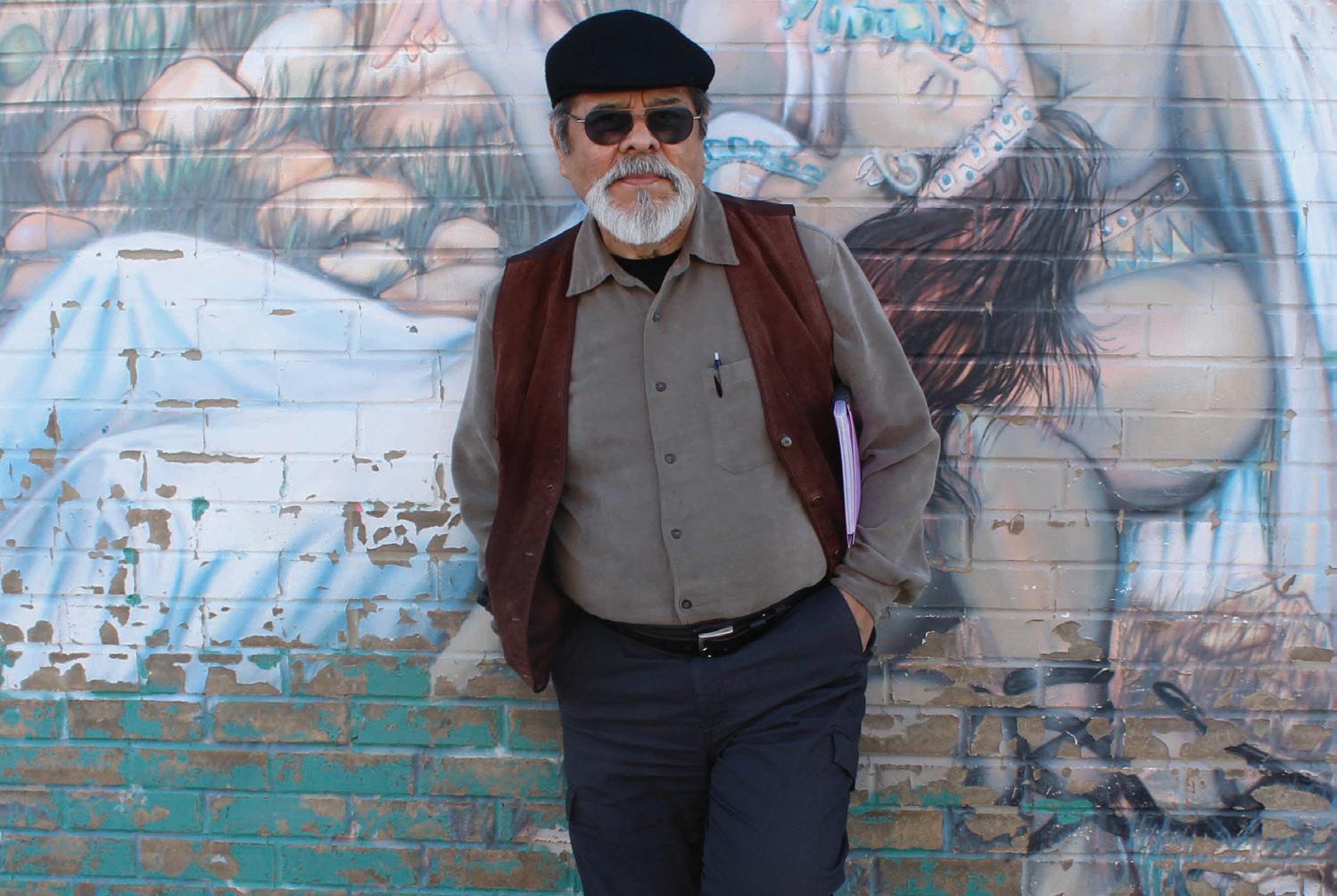
fornia, Arizona and the Midwest to do migrant work. She even went to school in Scottsbluff during layovers there. My mother met my father there. He was older. Also first-generation. They both had to work because eventually our family grew to nine kids.
“My parents always struggled but worked hard. My mother must have
worked 10 different jobs before I left the house for good. It’s unbelievable how far Mexican women will go and how hard they’ll work to take care of their family.”
He, his siblings and parents worked the crop fields when things got tight.
Salazar’s father worked mostly factory jobs. The self-taught musi-
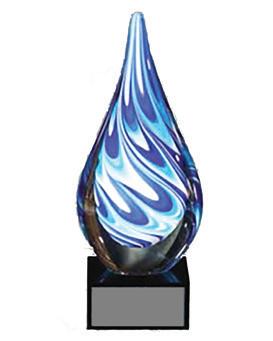
cian picked up extra money playing gigs with his band. His brother Paul joined him. The group enjoyed notoriety in the western part of the state.
“Playing music was his passion, his love. My dad and uncle got to be big enough that sometimes they’d go play a gig with singers and dancers.”
Salaza’s strong social-political consciousness emerged early.
“I became aware even as a young child how society worked and how people of my clan, Mexican people, we’re a different breed,” Salazar said. “We were viewed as lesser human beings and limited to where we could live and work. As I got older my awareness of the Jim Crow attitudes around me started to gnaw at me. Changes were happening all over the country with the civil rights movement. I was hip to what was happening and very supportive of it.
“I could see in my hometown
--Salazar continued on page 8.



This year, as part of its celebration of Older Americans Month, the Eastern Nebraska Office on Aging has presented its fourth annual Spirit of Aging Awards. Winners were selected in the Advocacy, Medical/Healthcare, Donor, and Volunteer categories. See article on page 5.
Thanks to each of the winners from the Eastern Nebraska Office on Aging, its staff, and the men and women the agency serves in Douglas, Sarpy, Dodge, Cass, and Washington counties
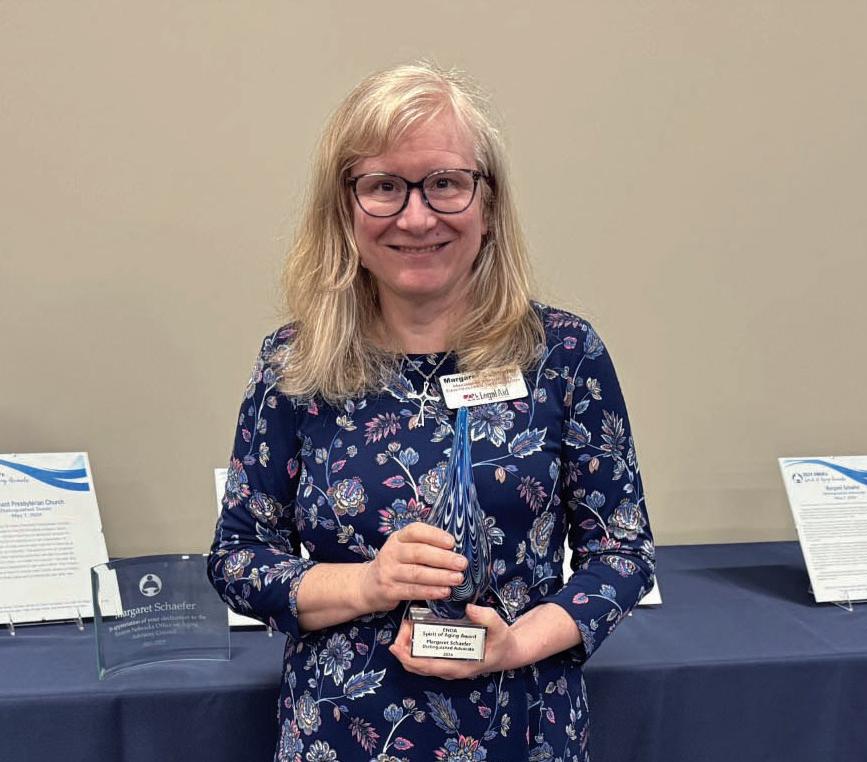
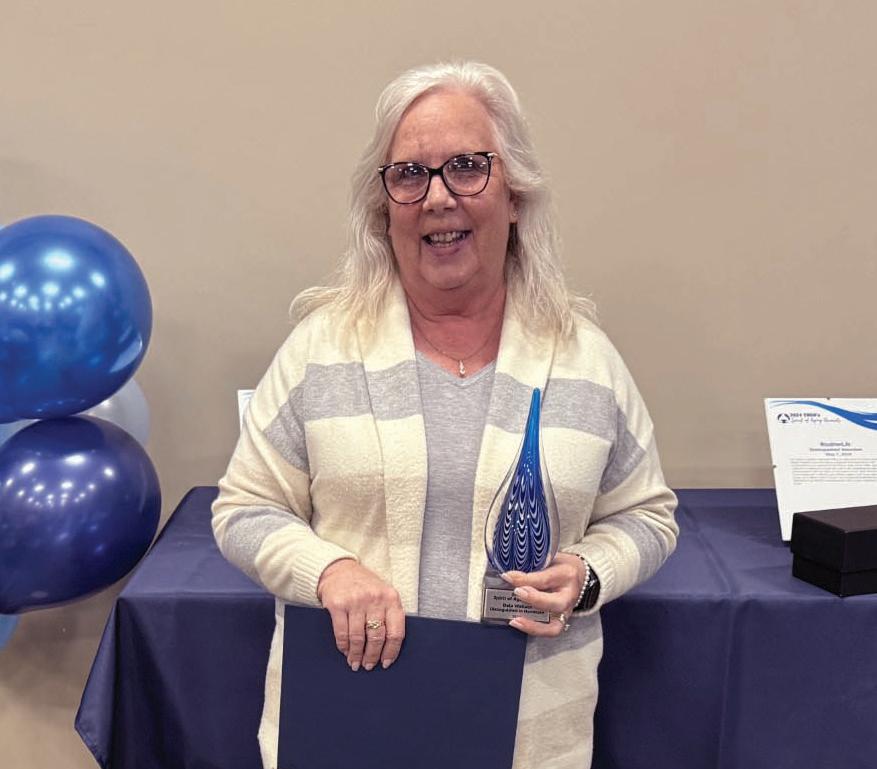
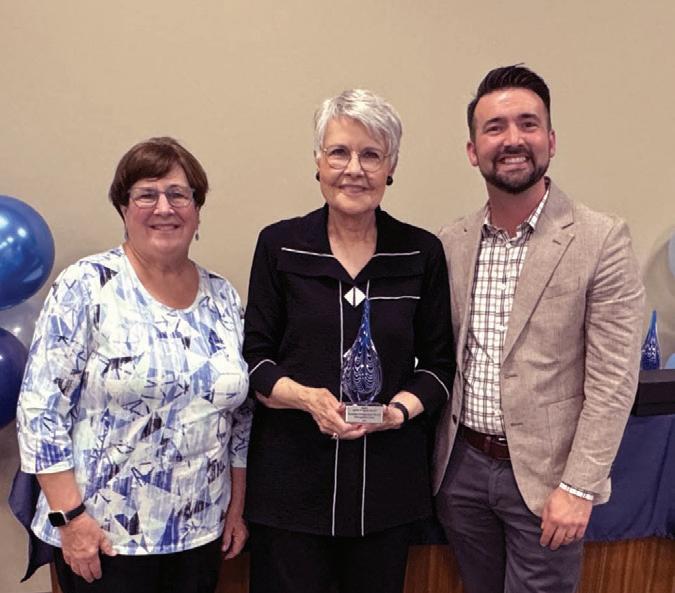
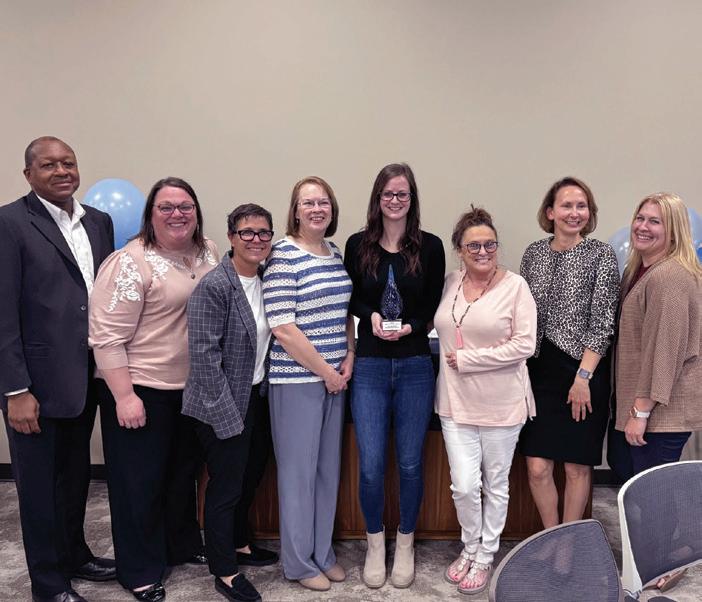

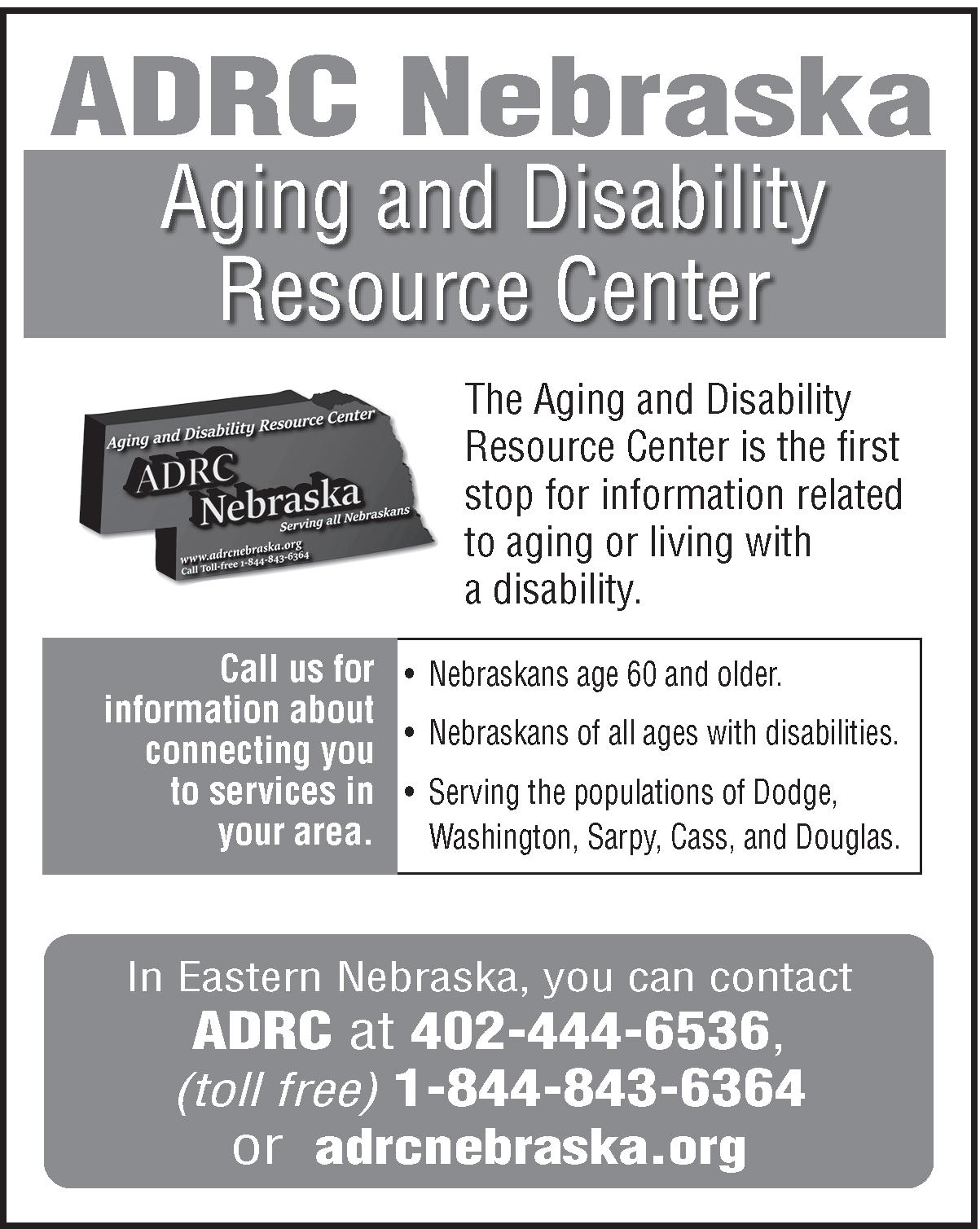
Older adults need about the same amount of sleep as all adults—7 to 9 hours each night. But, older people tend to go to sleep earlier and get up earlier than they did when they were younger. There are many reasons why older people may not get enough sleep at night. Feeling sick or being in pain can make it hard to sleep. Some medicines can keep you awake. No matter the reason, if you don’t get a good night’s sleep, the next day you may:
• Be irritable.
• Have memory problems or be forgetful.
• Feel depressed.
• Have more falls or accidents.
Being older doesn’t mean you have to be tired all the time. You can do many things to help you get a good night’s sleep. Here are some ideas:
• Follow a regular sleep schedule. Go to sleep and get up at the same time each day, even on weekends or when you are traveling.
• Avoid napping in the late afternoon or evening, if you can. Naps may keep you awake at night.
• Develop a bedtime routine. Take time to relax before bedtime each night. Some people read a book, listen to soothing music, or soak in a warm bath.
• Try not to watch television or use your computer, cell phone, or tablet in the bedroom. The light from these devices may make it difficult for you to fall asleep. And alarming or unsettling shows or movies, like horror movies, may keep you awake.
• Keep your bedroom at a comfortable temperature, not too hot or too cold, and as quiet as possible.
• Exercise at regular times each day but not within 3 hours of your bedtime.
age 60 and older. People with this condition have trouble falling asleep and staying asleep. Insomnia can last for days, months, and even years. Having trouble sleeping can mean you:
• Take a long time to fall asleep.
• Wake up many times in the night.
• Wake up early and are unable to get back to sleep
• Wake up tired.
• Feel very sleepy during the day.
Often, being unable to sleep becomes a habit. Some people worry about not sleeping even before they get into bed. This may make it harder to fall asleep and stay asleep.
Some older adults who have trouble sleeping may use over-the-counter sleep aids.
Others may use prescription medicines to help them sleep. These medicines may help when used for a short time. But remember, medicines aren’t a cure for insomnia.
Developing healthy habits at bedtime may help you get a good night’s sleep.
SLEEP APNEA
People with sleep apnea have short pauses in breathing while they are asleep. These pauses may happen many times during the night. If not treated, sleep apnea can lead to other problems, such as high blood pressure, stroke, or memory loss.
You can have sleep apnea and not even know it. Feeling sleepy during the day and being told you are snoring loudly at night could be signs that you have sleep apnea.
If you think you have sleep apnea, see a doctor who can treat this sleep problem.



• Avoid eating large meals close to bedtime—they can keep you awake.
• Stay away from caffeine late in the day. Caffeine (found in coffee, tea, soda, and chocolate) can keep you awake.
• Remember—alcohol won’t help you sleep. Even small amounts make it harder to stay asleep.
Insomnia is the most common sleep problem in adults
syndrome, or RLS, feel like there is tingling, crawling, or pins and needles in one or both legs. This feeling is worse at night. See your doctor for more information about medicines to treat RLS.
Periodic limb movement disorder, or PLMD, causes people to jerk and kick their legs every 20 to 40 seconds during sleep. Medication, warm baths, exercise, and relaxation exercises can help.
Rapid eye movement, or REM, sleep behavior disorder is another condition that may make it harder to get a good night’s sleep.
During normal REM sleep, your muscles cannot move, so your body stays still.
But, if you have REM sleep behavior disorder, your muscles can move and your sleep is disrupted.
Alzheimer’s disease often changes a person’s sleeping habits. Some people with Alzheimer’s disease sleep too much; others don’t sleep enough. Some people wake up many times during the night; others wander or yell at night.
The person with Alzheimer’s disease isn’t the only one who loses sleep.
Caregivers may have sleepless nights, leaving them tired for the challenges they face.
If you’re caring for someone with Alzheimer’s disease, take these steps to make him or her safer and help you sleep better at night:
• Make sure the floor is clear of objects.
• Lock up any medicines.
You may need to learn to sleep in a position that keeps your airways open. Treatment using a continuous positive airway pressure (CPAP) device almost always helps people with sleep apnea. A dental device or surgery may also help.
Restless legs syndrome, periodic limb movement disorder, and rapid eye movement sleep behavior disorder are common in older adults. These movement disorders can rob you of needed sleep.
People with restless legs
• Attach grab bars in the bathroom.
• Place a gate across the stairs.
Try to set up a safe and restful place to sleep. Make sure you have smoke alarms on each floor of your home. Before going to bed, lock all windows and doors that lead outside. Other ideas for a safe night’s sleep are:
• Have a lamp within reach that is easy to turn on.
• Put a glass of water next to the bed in case you wake up thirsty.
(Information provided by National Institute on Aging).
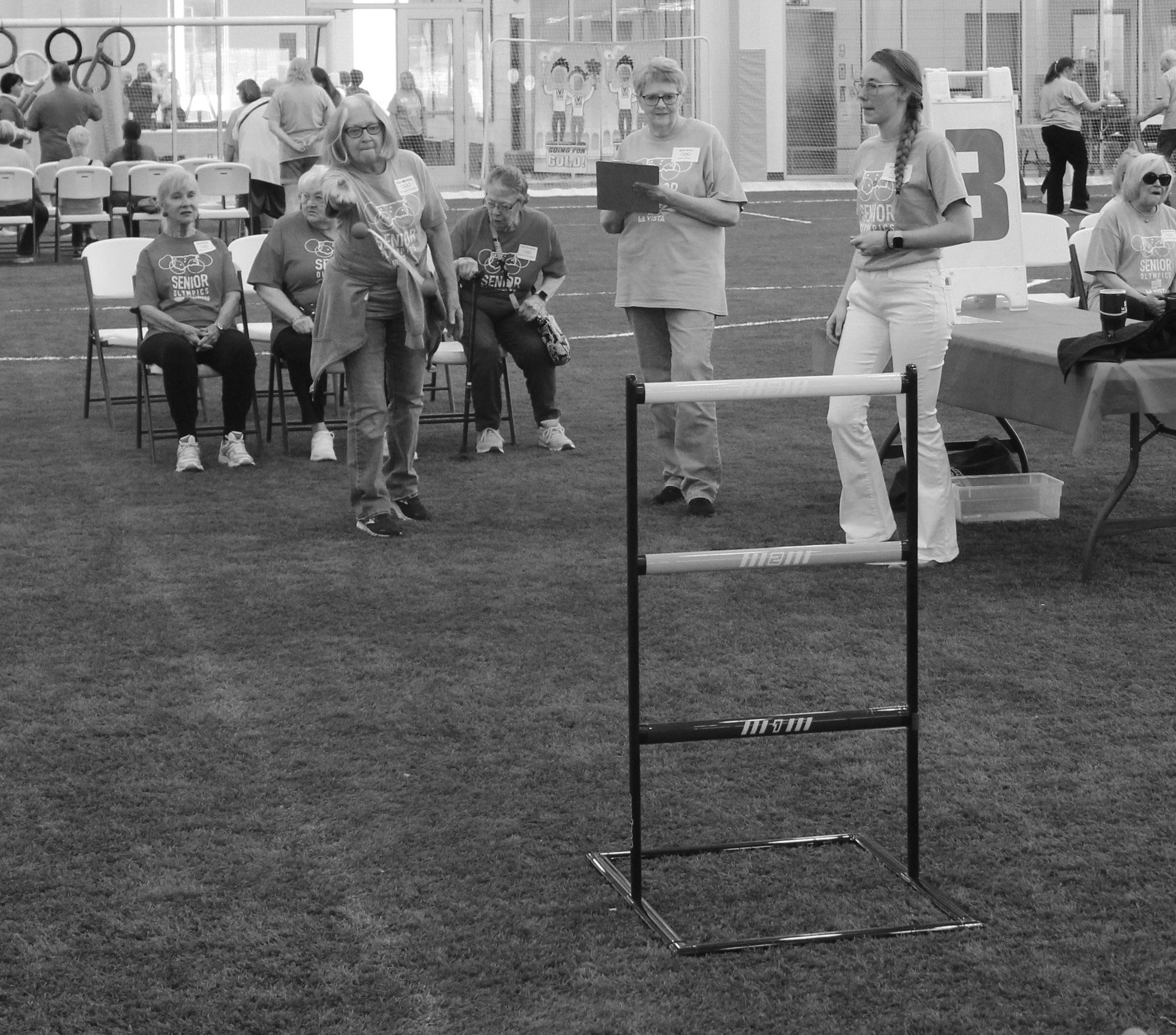
NEW HORIZONS PHOTOS
Older adults from around the area competed in the Senior Olympics held at the Papillion Landing Field House located at 1022 W Lincoln St. The day included lunch, entertainment and awards.
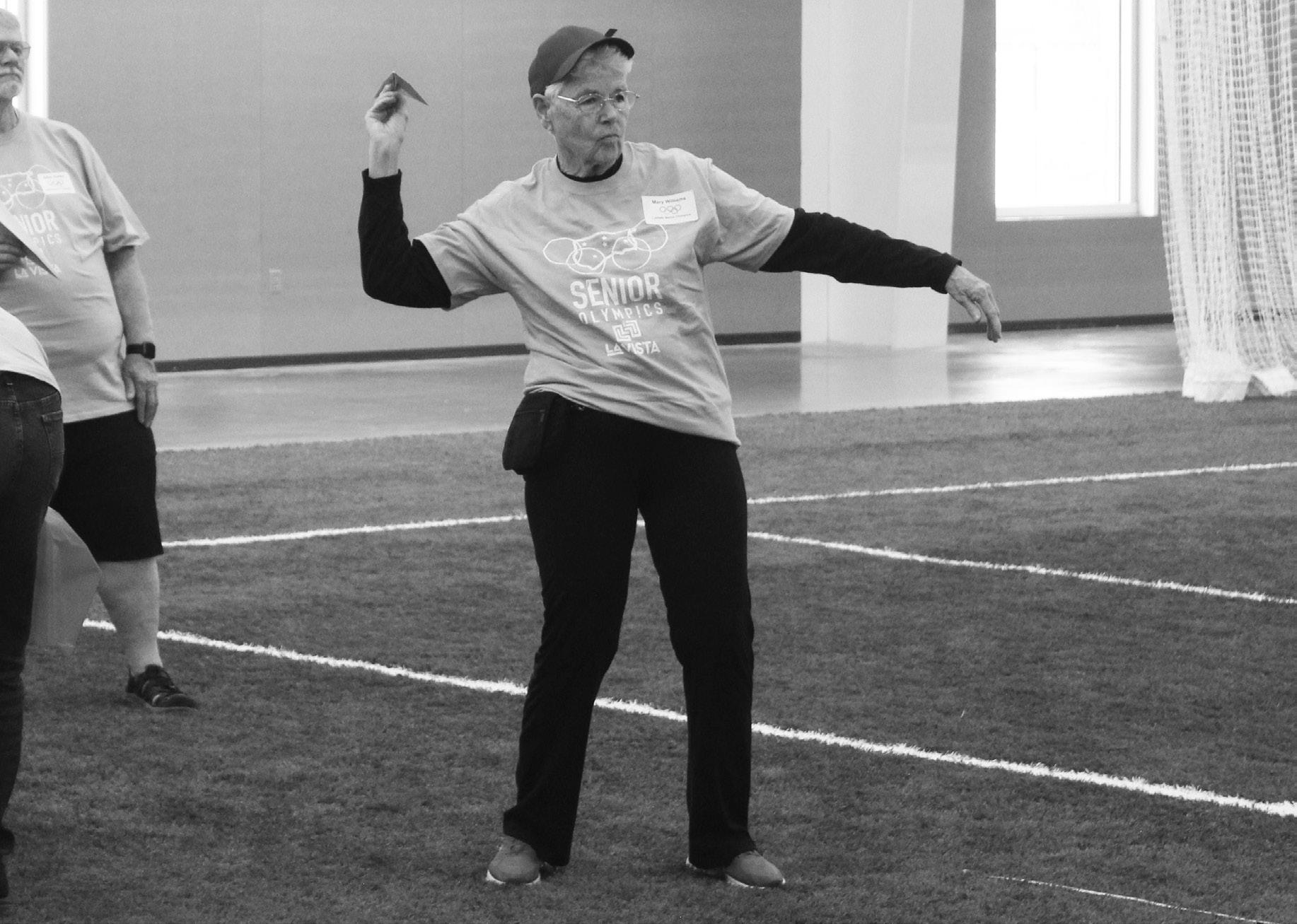
It seems like we all have too much stuff. Have you thought about the need to downsize, declutter, and organize your things? Attend the AARP Nebraska Information Center’s June program to learn more about the “where, how, and why” of downsizing for the next chapter of your life.

On June 19 at 1:30 p.m., anyone is invited to attend the AARP Nebraska Information Center’s monthly program to hear from AARP’s guest expert who will lead the discussion and explain a step-by-step process for starting to downsize. The Information Center is
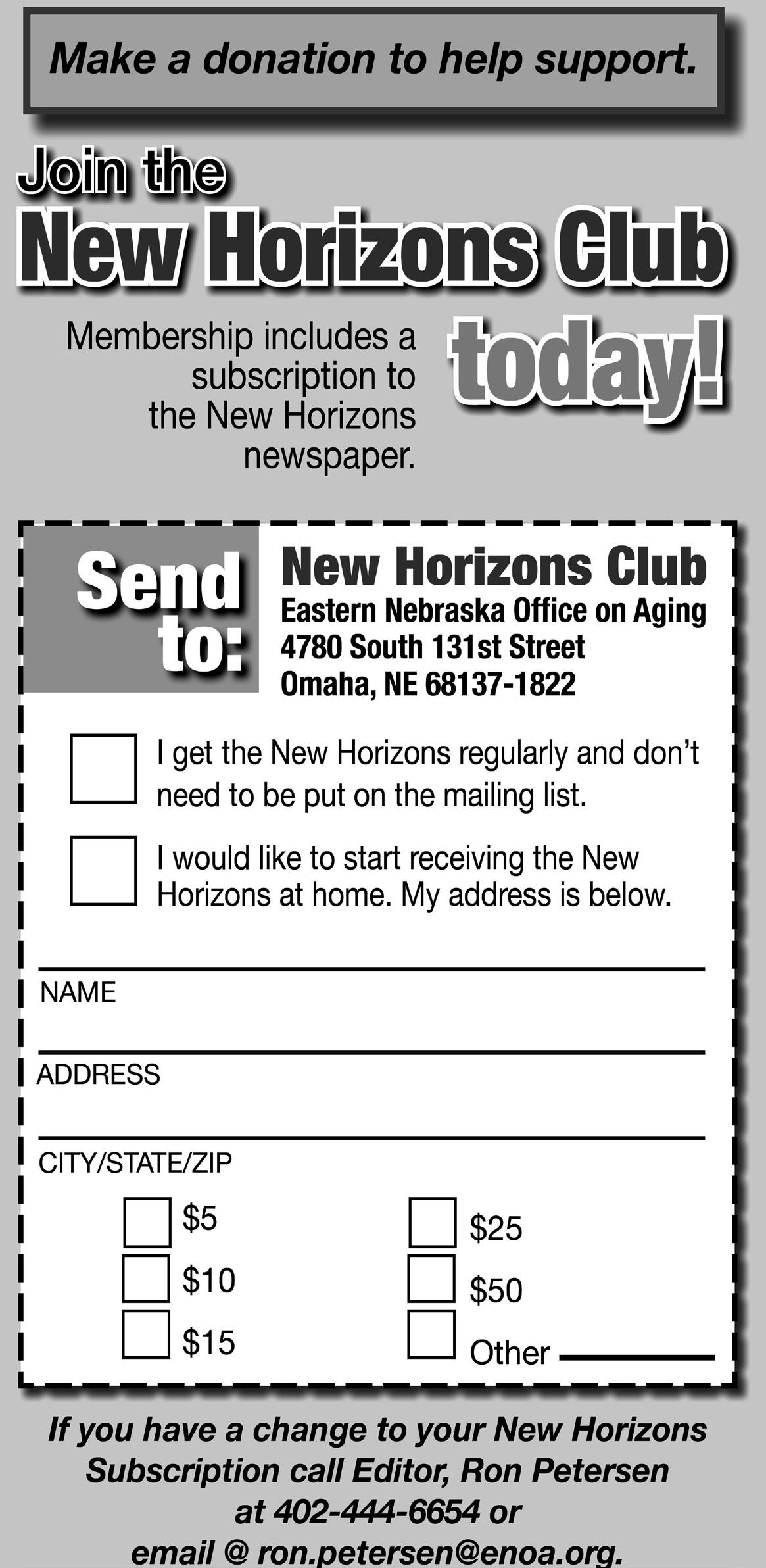
New Horizons is the official publication of the Eastern Nebraska Office on Aging. The paper is distributed free to people over age 60 in Douglas, Sarpy, Dodge, Washington, and Cass counties. Those living outside the five-county region may subscribe for $5 annually. Address all correspondence to: Ron Petersen, Editor, 4780 S. 131st Street, Omaha, NE 68137-1822. Phone 402-444-6654. FAX 402-444-3076. E-mail: ron.petersen@enoa.org
Advertisements appearing in New Horizons do not imply endorsement of the advertiser by the Eastern Nebraska Office on Aging. However, complaints about advertisers will be reviewed and, if warranted, their advertising discontinued. Display and insert advertising rates available on request. Open rates are commissionable, with discounts for extended runs. Circulation is 9,000 through direct mail .
402-444-6654
open on Tuesdays, Wednesdays and Thursdays from 10 a.m. until 4 p.m.
If you are interested in becoming more involved, stop by the Information Center to learn more about the many opportunities to get involved in the community by becoming an AARP Nebraska volunteer.
For more information call the Information Center at 402-916-9309.
Contributing Writers.........Leo Biga & Andy Bradley
ENOA Board of Governors: Mary Ann Borgeson, Douglas County, chairperson; Don Kelly, Sarpy County, vice-chairperson; Lisa Kramer, Washington County, secretary; Pat Tawney, Dodge County, & John Winkler, Cass County.
The New Horizons and the Eastern Nebraska Office on Aging provide services without regard to race, color, religion, sex, national origin, marital status, disability, or age.

Hot conditions put your body under a lot of stress. Physical activity stresses the body even more.
When heat is combined with physical activity, loss of fluids, fatigue, and other conditions can lead to a number of heat-related illnesses and injuries. Death is even possible.
Heat stress is commonly associated with warm water. It’s true that warm weather increases the number of heat-stress injuries and illnesses. Warm weather isn’t the only cause of heat stress, though.
Heat stress can occur any time that the surrounding temperature is elevated. Even if the weather is cool, you may work in warm areas, indoors or out. Be alert for conditions which could cause heat stress and take precautions to prevent it. Six main factors are involved in causing heat stress:
• Temperature
• Humidity
• Movement of air
• Radiant temperature of the surroundings
• Clothing
• Physical activity
Adjusting to these fac-

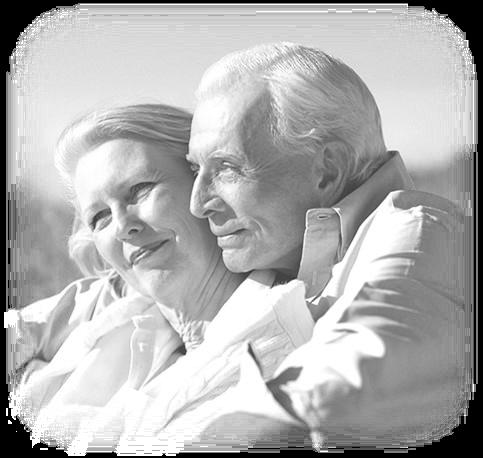


tors and/or controlling them reduce the chance of heat stress.
Your body can adjust to working in a warm environment through a process known as “acclimation”.
Acclimation processes involve gradually increasing the amount of time you spend working in a hot environment. This gradual increase allows your body to properly adjust to the heat. Keep in mind, though, even if you’re already acclimated, conditions can change which may stress your body even more. Bright sunshine, high humidity, and sources of heat can affect your body’s ability to cool itself. If conditions change, make sure you re-acclimate yourself to the new conditions.
Engineering controls can be implemented to reduce the possibility of heat stress. These include:
• Controlling the heat source through use of insulation and reflective barriers
• Exhaust hot air or steam away from the area
• Use of air-conditioning
• Use of air-conditioned rest areas
• Use of fans to circulate the air
• Reduce the physical demands of the work by using mechanical equipment
Administrative controls are also effective to prevent heat stress injuries. These include:
• Increasing the frequency and duration of rest breaks
• Scheduling tasks to avoid heavy physical activity during the hottest parts of the day
• Providing cool drinking water or an electrolyte replacement drink and encourage its consumption
• Slow down the pace of the work
• Making sure everyone understands the signs and symptoms of heat stress
Common-sense precautions, such as dressing properly include:

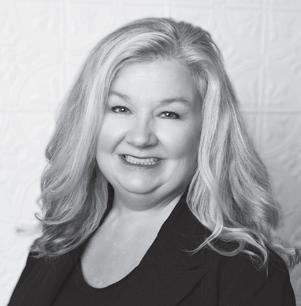
very serious. Others can quickly lead to life-threatening situations.
Knowing what to look out for is important. This is especially true because the more serious heat stress conditions cause the victim to become disoriented and unaware of their condition. People who are overweight, physically unfit, suffer from heart conditions, drink too much alcohol, or are not acclimated to the temperature, are at a greater risk of heat stress and should seek and follow medical advice.
The major heat stress injuries and illnesses are described here:
• Heat rash – caused by a hot, humid environment and plugged sweat glands. It is a bumpy red rash which itches severely. It is not life-threatening but is very annoying. Dry clothes that help sweat evaporate will reduce the chance of heat rash. Washing clothes regularly and keeping the skin clean and dry will help prevent heat rash.
• Heat cramps – painful muscle cramps caused by a loss of body salt through excessive sweating. To help prevent heat cramps, drink plenty of non-alcoholic, caffeine-free fluids while working in a hot environment. Check with your doctor about the use of salt tablets. They may be recommended in some cases. Anyone suffering from heat cramps should be watched carefully for signs of more serious heat stress. If the cramps persist or other symptoms develop, seek medical attention immediately.
• Heat syncope – sudden fainting caused by a reduced blood flow to the head. The victim’s skin will be cool and moist and their pulse will be weak. Immediate medical attention is needed in the event of syncope.
haustion, don’t let the victim talk you out of seeking immediate medical attention. The heat exhaustion will affect their ability to exercise good judgement. Until medical help arrives, try to cool the victim and offer sips of cool water as long as the victim is conscious. Immediate medical attention is required. Heat exhaustion can quickly lead to heat stroke.
• Heat stroke – deadliest of all the heat stress conditions. It occurs when the body’s cooling mechanism has shut down after extreme loss of salt and fluids. The body temperature will rise, the victim’s skin is hot, red, and dry, their pulse fast, and they may complain of headache or dizziness. They will probably be weak, confused, and upset. Later stages of heat stroke may cause a loss of consciousness and may lead to convulsions. In the event of a heat stroke, seek immediate medical attention. Until help arrives, try to cool the victim and offer sips of cool water if the victim is conscious.
Recognizing the symptoms of heat stress is very important, particularly since the victim may not realize what is happening. If you work alone in a hot environment, develop a “buddy system” so someone will check in on you periodically to look for signs of heat stress.
Preventing heat stress is a matter of controlling the factors that cause it. Use the precautions mentioned in this article, and don’t hesitate to seek assistance if you suspect heat stress, your good health depends on it.
• Wearing lightweight clothing which allows moisture to evaporate quickly
• Wearing reflective clothing or cooling suits for jobs which require them
• Using extra caution if you are required to wear clothing on the job which limits evaporation – you could succumb to heat stress much more quickly
There are a number of types of heat stress injuries. Some are annoying but not
• Heat exhaustion – results from inadequate salt and water intake and is a sign that the body’s cooling system is not working properly. The victim will sweat heavily, their skin will be cool and moist, their pulse weak, and they will seem tired, confused, clumsy, irritable or upset, they may breathe heavily – even pant – and their vision may be blurred.
The victim may strongly argue that they are okay even with these obvious symptoms. If you suspect heat ex-
• The main factors associated with heat stress are temperature, humidity, movement of air, radiant temperature of the surroundings, clothing, and physical activity.
• Acclimation is the process of your body adjusting to the warm environment.
• Wear lightweight, reflective clothing that allows sweat to evaporate.
Submitted by Karen Rehm, Wellness Services Manager, Nebraska Safety Council. To schedule a “Healthier & Happier You” presentation, contact Karen at 402-483-2511 ext. 102 or send an email to Krehm@ nesafetycouncil.org.
The administration on Community Living celebrates Older Americans month each May.
This is a time to acknowledge and reflect on the resilience and strength that older individuals have had throughout their lives – their successes, failures, joys and difficulties. It is also a time to celebrate and thank those groups and individuals who support the community’s older individuals through their contributions in the fields of advocacy, volunteerism, donations and healthcare.
As part of the national salute, the Eastern Nebraska Office on Aging (ENOA) presented its fourth annual Spirit of Aging Awards in the Advocate, Volunteer, Donor and Medical-Homecare categories.
Nominations for the Spirit of Aging Awards came from ENOA staff.
Schaefer, centralized intake manager at Legal Aid of Nebraska, is the 2024 Spirit of Aging Awards winner in the Advocacy category.
“Her tireless efforts to make access to legal services to at risk older adults across the state of Nebraska have made a huge difference to the population we serve,” ENOA staff member wrote in her nomination of Schaefer for the award. “Margaret’s passion is assisting with the legal issues lowincome elders face in Nebraska.”
As Margaret is the Managing Attorney of the Centralized Intake Unit at Legal Aid of Nebraska, Schaefer manages the intake hotlines, which provide advice and assistance to callers on a wide variety of legal issues. Margaret has been working with clients on the ElderAccessLine® since it was founded in 2005.
Schaefer has been a member of the Statewide Elder Rights Coalition, formed to promote elder rights, advocacy, and prevention of elder abuse, neglect, and financial exploitation, and to provide a forum to offer solutions. She has been on the planning committee and is a presenter for the annual Elder Justice Training. She assisted the State Unit on Aging in securing and implementing the Pro Bono Net Legal Risk Detector, a web-based legal “checkup” tool that all NE Area Agency on Aging offices use to screen elderly consumers for their legal needs.
This tool enables AAA staff to complete a guided interview covering financial exploitation, consumer debt, housing, abuse, healthcare matters, and other often undetected and underreported legal issues. The completed referral is then submitted to Legal Aid, who then calls the consumer back directly to discuss their legal issues.
Schaefer has also served on the ENOA Advisory Council for 13 years.
“Schaefer is always willing to
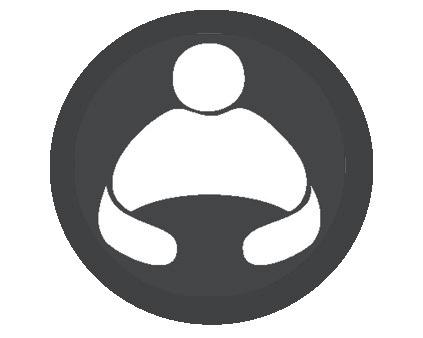
provide education and outreach to community groups, she has also given countless presentations at ENOA staff meetings, Ombudsman trainings, Foster Grandparent and Senior Companion in-services on Legal Issues for older adults,” the nomination read. “She can take confusing legal terms and break them down into user friendly language that makes sense. Her wise advice during one of those staff meetings has served me well during my time at ENOA “Competent adults have the right to make stupid decisions.”
CovenantPresbyterian Church is the 2024 Spirit of Aging Awards winner in the Donor category.
For nearly 20 years, Covenant Presbyterian Church has participated in the ENOA holiday program. Each year Robin Johnson reaches out asking for around 75 wish lists and has taken as many as 150 wish lists in the past.
“Johnson is meticulous in her organization of this program to help ensure each wish list is taken by a parishioner at Covenant,” the nomination read.
The parishioners at Covenant are more than generous and they will take any wish list assigned to them, no matter the request. This year, they purchased a requested tv, last year a bed.
“This Church truly has a heart to ensure older adults receive a holiday gift, and they make such a difference year after year,” the nomination read.
Dala Wallace, ENOA bath aid volunteer, is the 2024 Spirit of Aging Awards winner in the MedicalHomecare category.
“She is patient, kind, reliable, thorough, responsible, and has excellent communication and management skills,”
the nomination read. “Dala’s bath aids have been with her for many years. When I have a more complex and frailer client, I always think of Dala and the VNA first as I know the client will receive the highest quality care.”
Wallace has helped out with clients who may fall through the cracks as the VNA will provide bathing assistance on a sliding scale.
“Dala provides excellent customer service keeps in touch with the clients regularly to ensure they are satisfied with their services and works with clients who may have behavioral or mental health issues,” the nomination read. “Needing a bath aid can be a humbling experience for our clients. Dala ensures that her staff are kind, respectful, and do a thorough job.”
WoodmenLife is the 2024 Spirit of Aging Awards winner in the Volunteer category.
“On behalf
$93
$100
$208
$335
$500

of ENOA and the Home Delivered Meals Program, we would like to recognize WoodmenLife for their contributions to our program three times a week since 1998.
Sara Calpham is a pleasure to work with due to her organizational skills and communication with her team of volunteers and our staff,” the nomination read.
“WoodmenLife is an integral part in helping us to deliver meals to one of our downtown routes up to fifteen times a month. Our homebound participants greatly appreciate their efforts in providing them with a warm meal and friendly smile.”
ENOA honored the award winners on May 7.
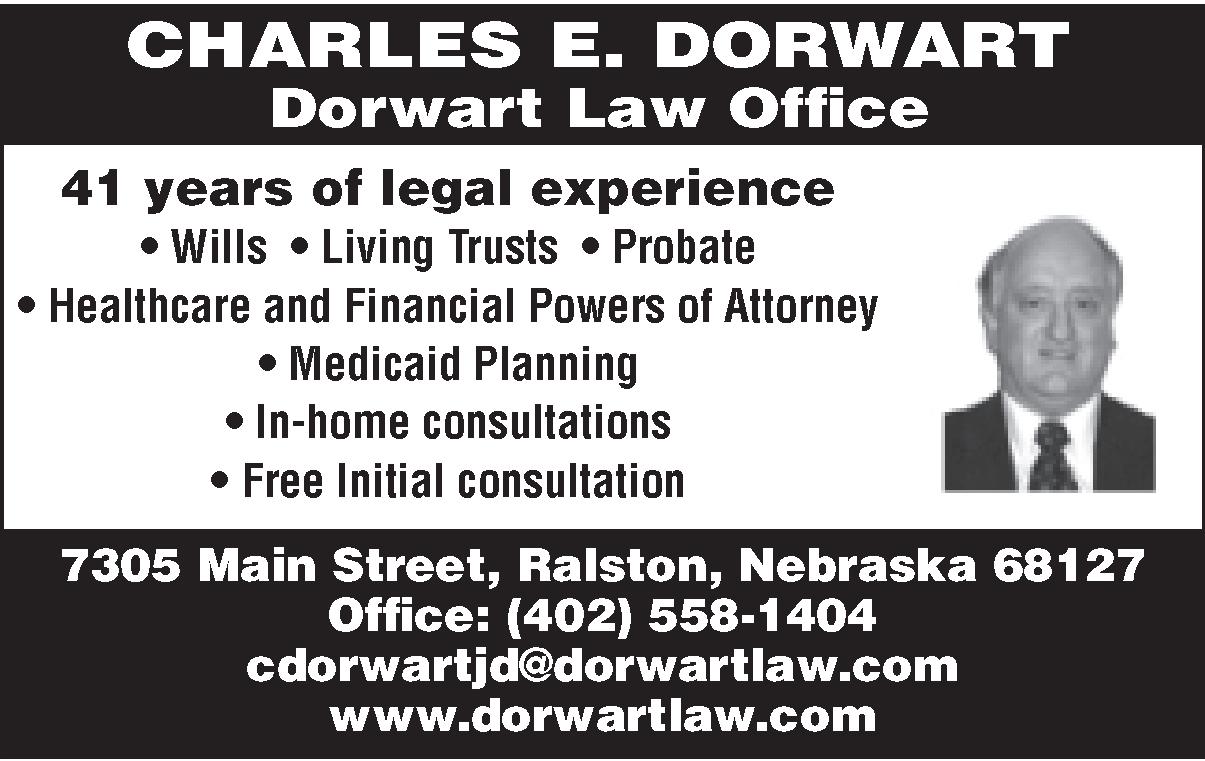
and
Please see the ad on page 3
$50
Mary Davis
$25
Liz Brumm
BevVan Phillips
$10
Julia Gehringer
$5
Margaret Davis
Kathleen Koons
You’re invited to visit the Intercultural Senior Center (ISC), 5545 Center St.
The Intercultural Senior Center facility – open weekdays from 8 a.m. to 4:30 p.m. – offers programs and activities from 8 a.m. to 4:30 p.m. from Monday to Friday.
The ISC offers offer a morning snack, and regular and vegetarian lunch.
Come and exercise at the ISC. It’s never too late to learn and have fun, join our language classes, technology, jewelry and crafts, and field trip options. The garden is green and growing, volunteers are welcome. If people need assistance with their benefits, the ISC can help them out.
This month, older adults at the ISC can enjoy a Father’s Day celebration June 14 with Casino Day.
The Merrymakers will present music with Kim Eames on June 18.
Also, there will be Picnic at the Park on June 25.
Enjoy coffee and chat every Friday between 2 p.m. and 4 p.m.
Lunch reservations are due by 9:30 a.m. A voluntary contribution is suggested for the meal. Their dining room will have lunch options available at 11:30 a.m., and after lunch, you can continue to practice your technology skills, attend crafts, and enjoy other fun activities.
Monthly food pantries are available for adults ages 50 and older.
For more information, please call 402-444-6529 or visit the ISC website at interculturalseniorcenter.org.
You’re invited to visit the Florence Senior Center, 2920 Bondesson St.
At the Florence Senior Center, lunch is served at 11:30 am. A select menu is offered Monday thru Friday. Meal reservations must be made one day in advance. Please call by noon the day before for a meal reservation. The center hosts activites such as Tai Chi, annual picnics/ special events, bingo, cards, gym & game room access, special guest speakers and socials.
They also provide health and nutrition programs. For more information, please call Colleen Metz @ 402444-6333.
Respite Across the Lifespan
Life can bring on stress for many of us. Finding ways to relieve stress are important to our overall health and wellbeing. Caregivers are not immune to this stress.
Please contact Respite Across the Lifespan at edbennett@unmc.edu or 402-559-5732 to find out more about respite services and to locate resources in your area.
The biggest hurdle I face when writing this column each month is the question, “What will I write about this time?” This question forces me to be reflective. What has been going on in my life? What have I read that has stirred my thinking? Have I had an “a-ha” moment lately? I keep these questions on the back burner until I sit down to put pen to paper.
This month my inspiration comes from a chapter on silence from The Grace in Aging by Kathleen Dowling Singh. Her premise is that silence is a condition for becoming enlightened and conscious of who we truly are. Constant noise distracts us from being in touch with our inner selves. This distraction keeps us on a superficial level where we are reactive to whatever comes our way rather than responding thoughtfully.
The noise Singh describes can be external, such as a trivial conversation, television, radio, emails, Facebook, or anything that has little substance. Another form of distractive noise is constant inner chatter, thoughts that go on and on in reaction to whatever is happening around us. These monologues are infused with emotions that pull us off center. We make the error of believing our feelings are the truth when they are simply reactive emo-
By Nancy Hemesathtions. Without reflection, this inner chatter can lead us astray. It can be hard to turn off, causing needless anxiety and worry. It takes practice to change the channel from noisy chatter to the voice of wisdom we all have within us. The first step is to quiet the mind, hence the need for silence. We can then observe the quality of our thoughts. If they are anxious, tense, petty or humorless they are surely not the voice of wisdom but rather idle chatter. Thoughts that stir compassion, good humor, generosity of spirit, and spaciousness are certainly the voice of wisdom deep within us.
Computer geeks coined a phrase, “Garbage in, garbage out.” That is why it is important to intentionally feed our minds with material that is worthwhile. Good literature is a great source for reflection on meaning. Inspirational writers also pull us into self-reflection as Singh does for me. Even better is to share conversations about substantive material. My own mind and heart gain so much benefit from book studies where we delve into meaningful conversations about life based on what we have
read.
On the other hand, if our conversations are focused on petty concerns or gossip about others, our voice of wisdom is not stirred. What comes out of our mouths will likely be useless chatter. It takes intentionality to break the habit of trivial conversation and turn to more substantive talk. It is worth trying! Instead of complaining about the weather, try expressing gratitude for the rain or the sunshine. Instead of lamenting how our world is going to hell in a handbasket, try expressing compassion for those who suffer. Instead of criticizing others, find a way to express concern about how we might help them. By finding some silent time to be reflective, we inevitably will have something worthwhile to share. I choose to feed my mind with substance so that I have something of substance to share with you.
(Hemesath is the owner of Encore Coaching. She is dedicated to supporting people in their Third Chapter of Life and is available for presentations. Contact her at nanhemesath@ gmail.com.)
Florence Home is one of only two postacute care communities in Douglas County to be selected for a pilot project aimed at enhancing the transfer of medically complex patients. The Nebraska Hospital Association partnered with the Nebraska Department of Health and Human Services to facilitate LB227 sec. 63.
The purpose of the pilot program is to ensure that medically complex patients currently residing in hospital settings can seamlessly transition to post-acute care settings such as Florence Home.
Patients will then receive the appropriate type of care at the appropriate time to best meet their needs. As a result, acutecare hospitals will have greater capacity to meet the needs of patients needing acute-care. Florence Home was one of 32 applicants who submitted interest in this pilot program.
Lois Jordan, CEO for Florence Home stated, “We are honored and humbled to receive this grant award, which reflects the dedication and innovation of our
team. This recognition further validates our mission, ‘to inspire the individuals we serve to live life to the fullest’, and we are excited to leverage this funding to drive meaningful impact and positive change in our post-acute care setting at Florence Home. The collaboration with the Nebraska Hospital Association and the Medically Complex Patient Advisory Council will continue as we all strive to achieve the best outcomes possible for the individuals we serve.”
For more information or interview, please contact President and CEO, Lois Jordan, Midwest Geriatrics, Inc, the management company for Florence Home at 402-827-6044.
Paula is the Director of Marketing and Development at Florence Home Healthcare Center, Royale Oaks Assisted Living and House of Hope Assisted Living and Memory Care. In her spare time, Paula is rediscovering all the things she did as a child that she can still do like painting, coloring, hiking and bike riding.
You’re invited to visit the Fremont Friendship Center, 1730 W. 16th St. (Christensen Field). The facility is open Monday through Thursday from 9 a.m. to 3 p.m. and Friday from 9 a.m. to 12:30 p.m.
A meal is served weekdays @ 11:30 a.m. Reservations, which are due by noon the business day prior to the meal the participant wishes to enjoy, can be made by calling 402727-2815. A $4.25 contribution is suggested for the meal. This month’s activities will include:
• June 4: Farmer Market Distribution @ 9 a.m.
• June 5: Music with The Links @ 10 a.m.
• June 6: Presentation with Nye @ 10 a.m.
• June 12: Music with John Worsham @ 10:30 a.m.
• June 13: Mobile Library @ 9:30 a.m.
• June 19: Treats from Nye @ 9:15 a.m.
• June 19: Music with Larry Marik (MUZICA) @ 10:30 a.m.
• June 20: Early Bird Bingo @ 9:30 a.m.
• June 20: Presentation from Attorney General’s OfficeRyan Sotham (Fraud, Scams and Much More) @ 10:30 a.m.
• June 21: Wheel of Fortune @ 10:30 a.m.
• June 26: Music with Tim Javorsky @ 10:30 a.m.
• June 27: 911 Education-Fremont Police Department @ 10 a.m.
Craft class on Tuesday afternoons @ 1:30 p.m.
Tai Chi offered every Tuesday and Friday from 9:15-10 a.m.
If you can’t stay for lunch with our friends and you currently participate in any activity at the center, you may now order a Grab-n-Go meal to take home for your lunch. Grabn-Go meals must be reserved the day before by noon and the person ordering the lunch must come in to the center to pick it up at 11 a.m. The number of Grab-n-Go lunches are limited to a first come first serve basis. Suggested donation is $4.25.
For meal reservations and more information, please call Laurie at 402-727-2815.
You’re invited to visit the Millard Senior Center at Montclair, 2304 S. 135th Ave., this month for the following:
• June 3: Farmer Market Voucher’s will be distributed @ 9 a.m.
• June 5: Board Meeting @ 9:30 a.m.
• June 7: Mother’s Day and Father’s Day the center will be serving Brunch @ 11 a.m.
• June 9: Melodrama at Mahoney @ 1:30 p.m.
• June 12: Making sundresses and shorts to be sent to Haiti and to the Orphan Grain Train @ 10 a.m.
• June 17: Bunco and treats @ 12:15 p.m.
• June 18: Archwell will visit to discuss Mental Health issues with Seniors and and what to pay attention to @ 10:45 a.m.
• June 24: Book Club “Weyward A Novel” by Emilia Hart 1 p.m.
Tai Chi on Mondays and Fridays @ 9:30 a.m.
Hand-N-Foot Wednesdays @ 8:30 a.m.
MahJongg Wednesdays @ 1 p.m.
Chair Volleyball Thursdays @ 9:30 a.m.
Dominoes Thursdays @ 12:30 p.m.
For more information, please call 402-546-1270.
Legal Aid of Nebraska operates a free telephone access line for Nebraskans ages 60 and older.
Information is offered to help the state’s older men and women with questions on topics like bankruptcy, homestead exemptions, powers of attorney, Medicare, Medicaid, and Section 8 housing.
The number for the Elder Access Line is 402-827-5656 in Omaha and 1-800-527-7249 statewide.
This service is available to Nebraskans ages 60 and older regardless of income, race, or ethnicity.
The Legal Aid of Nebraska hours of operation are 9 a.m. to noon and 1 to 3 p.m. Monday through Thursday, and 9 a.m. to noon on Friday.
o you have some spare time, a skill to share, and wish to contribute to your community? Private and non-profit agencies are looking for your help.
Please contact Tia Schoenfeld with the Eastern Nebraska Office on Aging’s Volunteer Connect program at 402-444-6536, ext. 1045 for more information on the following volunteer opportunities:
• American Cancer Society Road to Recovery program in Nebraska is looking for additional volunteer drivers, especially in Washington and Dodge Counties, to transport cancer patients to and from their cancer treatment related appointments. More information about the program can be found at cancer.org/drive.
• Food Bank for the Heartland is looking for volunteers to pack, sort, and stock to fight hunger on Saturday mornings.
• New Cassel Foundation needs volunteers to assist residents and visitors with purchases from the on-site Gift Shop/
Convenience Store.
• Omaha Theatre Company (The Rose) is looking for ushers Tuesday through Friday at 9 a.m. until Saturday, June 1st.
• Omaha Chamber Music Society is looking for ushers for the summer. Help pass out programs, show patrons to their seats, answer questions, and then enjoy a fantastic afternoon of chamber music.
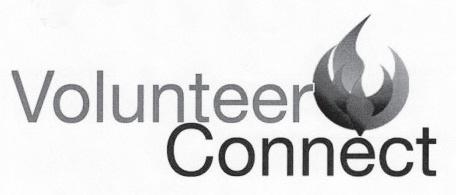
• QLI is looking for volunteers to assist residents with fishing when the weather permits. Fishing Buddies, please contact Jen Karolski 402-573-3738 or email jkarolski@qliomaha.com for more information.
• Volunteers Assisting Seniors VAS need volunteers to provide nonbiased Medicare Counselling and Homestead Exemption Application Assistance.

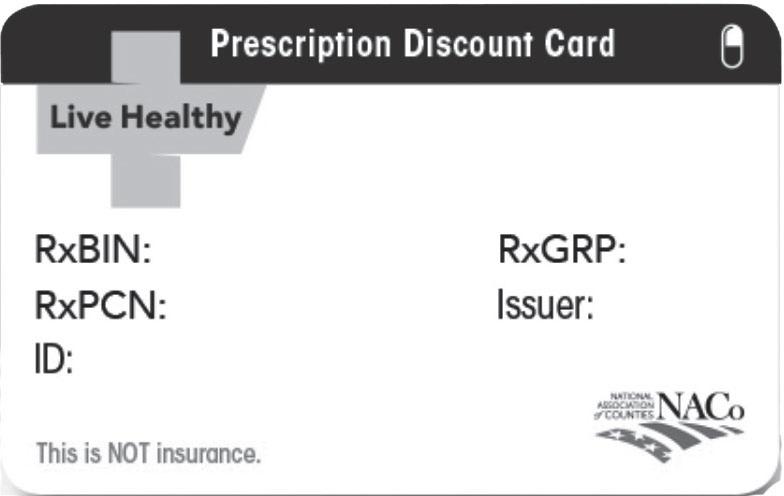
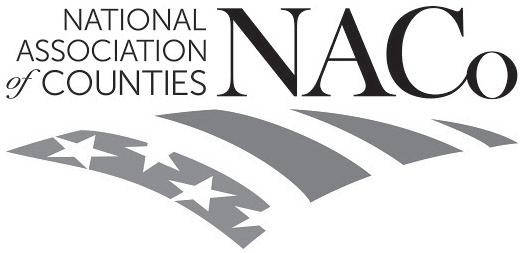
•
we were segregated, there was no question about it. Nobody from my community worked downtown. It was just the way it was and that always bothered the hell out of me. I didn’t like that. It didn’t make sense to me.”
The bright student who loved to read was placed in college prep classes by teachers. But a sense of disenfranchisement found him devoting more time to sports and hanging out than studying.
“My grades dropped. I didn’t foresee a future. I was encouraged by my folks to just go to school and get a high school diploma. Beyond that there was no goal.”
He graduated in 1963 at 17 and went straight to work alongside his father at Lichter Duo-Rest, a furniture assembly plant. Bored and underpaid, he quit and found a better job. By the mid-‘60s the growing war in Vietnam and the expanding military draft “hung over” him. “At the same time the civil rights movement was hot and heavy. It was a very strange time.”
The hypocrisy of race was all around. A country club that didn’t accept brown or Black people hosted his employer’s Christmas party – the only reason Ben got in. Hiram Scott College opened on the edge of town as a sanctuary for privileged young men from the coasts avoiding Uncle Sam. “Meanwhile, guys like me were being drafted. I saw that and I thought, what the hell is going on here? Me, other Latino kids and farm boys were being drafted while these rich boys were hiding out in the cornfields. I didn’t like that one bit.”
He did basic training at Fort Bliss in El Paso, Texas. En route by bus to Fort Lee, Virginia he experienced Deep South segregation when during a stop he went into a restaurant with Black counter staff and patrons. “I didn’t feel uncomfortable because I grew up in a barrio with Black people and natives around us. It was kind of a diverse neighborhood. I played sports with some kids that weren’t white or Mexican.”
When he finished ordering and eating he asked directions to the restroom. He walked through double doors into a whole other restaurant, identical to the first, only this one filled with nothing but white faces.
“I stood there and gawked and felt their stares. I looked back at where I’d just come from and at what I’d walked into, trying to grasp this. Right in front of me was how the South was still very segregated in a stark way I wasn’t accustomed to. And I was in the middle. All I could think was, I’m sure glad I went into that other restaurant first. They fed me, no problem. The white one, I’m not sure they would have.”
At the University of NebraskaLincoln he was among only a handful of Latino students. He found a like-minded friend among them in Romeo Guerro.
“We wanted a presence on campus. We wanted to be recognized and accepted as equals. We weren’t
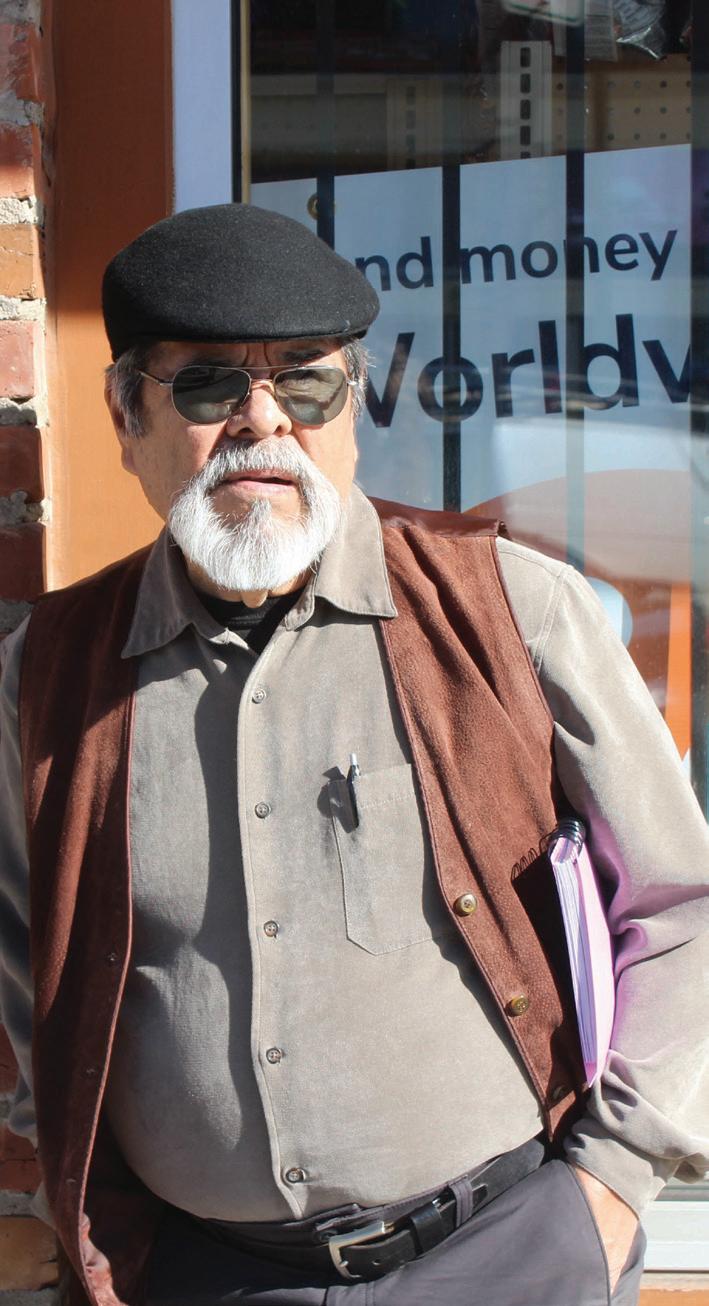
NEW HORIZONS PHOTO
Omaha businessman, Ben Salazar, has stayed true to himself by making an impack in the community while living in Arizona and South Omaha over the last 78 years.
supposed to be there but we were there and we wanted others to follow us. So we organized the Mexican American Student Association in 1971. I served as MASA’s first president.
“We were very active on campus. We joined with the Black and Native American groups to protest, make demands. We were assertive, outspoken. We demanded more students and faculty of Latino descent. Some of us were hired to recruit other Latino students at high schools. We were in tune with the times. We were civil rights and student activists.”
He found his calling in the process.
“I made the jump from being somewhat lackadaisical and unsure of myself to wanting to become educated to wanting to be a voice. As the spokesperson I was put on stage, in charge, and I grew into that responsibility. I liked being a responsible person. This was what gave me the impetus in my life.”
Salazar passed the Arizona bar and set up practice in the Phoenix barrio. His very first client had an appeal before the Arizona Supreme Court.
“I borrowed a tie and sport coat, dressed up as best I could, read over the material and researched property law. I knew what the argument was. I went before the Supreme Court. I think I stood on my feet confidently. We lost the case, which was predictable. The facts didn’t strongly support the appeal.”
In Phoenix he met and married the woman who became his wife of four decades, Rose.
“She stole my heart. I couldn’t say no to her. I couldn’t leave her. I just had to be with her. To be with her meant to adopt her son. I did. So I found myself a wife and a son in one package.”
His career changed again after a
dispute with a judge.
“This is the big hit that occurred in my life. Been practicing on my own, getting a reputation. I was pretty good in court. I was confident rhetorically, I was agile. I was doing okay, paying the bills.”
Everything changed when he mistakenly appeared late for a sentencing ruling for a client he represented.
“The judge came out, took two steps towards me, and I apologized profusely. But he lit into me like no man ever has. After about a minute of berating me in front of other people he went into his office, but then came at me again, calling me every kind of name, trying to publicly humiliate me. This time the man in me reacted. I asked to go back in his chambers, where I let him know I was not happy with the way he behaved. I told him in no uncertain terms I’m standing here like a man, I don’t appreciate you trying to embarrass me. We went back and forth for about five minutes, and I mean loud.
I was very direct with him. I didn’t give a damn in that moment about his black robes. I was telling him off. I was getting on his case. Finally we stopped. I walked out and said I’ll be in court. He threw the pre-sentence report at me while we were in court. My client got a year, which is what we expected.”
Salazar all but forgot the unpleasant matter when the Arizona bar informed him the judge filed a complaint.
“I responded very simply that the judge was lying. I explained I defended my honor, my integrity. I’m not just a punk, I’m a veteran. Earned my stripes all the way through. I deserve some respect. too. And that second time was just too much for me to put up with.”
The bar recommended Salazar be suspended from practice for two years. His refusal prompted a hearing. The complaining judge was there.
“He wouldn’t look at me. I stood there and stared him down and called him every name in the book for bringing me up on this false charge. I said I will never stand for that as a man and I won’t go down on my knees for any man or any system, so you guys do what you’re going to do. And they disbarred me.”
That personal and professional blow led him to start all over again in Nebraska.
“We lived in Scottsbluff a couple years. I luckily found some immigration work. That gave us enough money to move to Omaha. We started from the bottom up. She cleaned houses to make money. I worked on a contract to do grant writing for Juan Diego Center.”
Then an unexpected opportunity came via a young First National Bank executive who proposed reaching the growing Latino community through a bilingual free newspaper Salazar would publish and the bank would advertise in.
Ben decided to give it a try.
“I interviewed people and wrote stories. We found a printer. The first issue was four pages.”
The paper grew to 20 pages and found a following. At its peak he distributed 10,000 copies.
“It became a platform to have my voice heard and my opinions shared even if people didn’t necessarily agree with me. Rose ran the business side. It was a worthwhile two decades of my life. I enjoyed the heck out of it. I leaned into my civil rights experiences. I was the same way I was on campus – aggressive and very keenly aware of the racist attitudes of some, the discrimination practices of others, and seeing victims in my community. I told it as I saw it.”
Minus the paper, he still speaks out. “I’m considered controversial. I don’t know why. I’m just an educated and experienced guy who voices his opinions. Maybe that makes some people uncomfortable. I’m not someone the system can control. If I see something wrong I’m going to call it like it is.”
He has no regrets.
“The humble beginnings of my life turned out to be very beneficial. I can’t imagine being born wealthy. Coming up the hard way has enriched my life a hundred-fold.”
He’s grateful, he said, “the right people came into my life at the right time and changed my life.”
He continues helping others fill their dreams by acting as a consultant and fiscal agent. He mentors and assists Generation Diamond founder-executive director Blanca Mejia and CHI’s Health Career Ladder CNA Program director Selene Espinoza.
He served as Douglas County Health Department’s Latino/Spanish speaking contractor to raise awareness of COVID-19 pandemic protocols.
The Mundo Latino member initiated the local Cinco de Mayo celebration. He registered the Nebraska Hispanic Chamber of Commerce. He’s advised PACE and the Latino Peace Officers Association.
“I’ve always wanted to be grassroots. I do a lot of work one on one with people.”
He despairs America’s divisions today. “As someone who was active in the civil rights movement I was so hopeful we were going to see better days for everybody. I’m saddened to see all of the hatred, Jim Crow attitudes and tribalism that persist in society. It seems like we’re regressing.”
As long as hate and disparity manifest he won’t be silent. He writes essays that he sends to friends, colleagues, influencers. He pens letters to the Omaha WorldHerald. He always has some message to impart, whether of hope or disdain, even humor.
“I tend to write until exhaustion. I don’t count the words. I don’t try to squeeze my thoughts, I just let my thoughts flow and whatever comes out, comes out.”
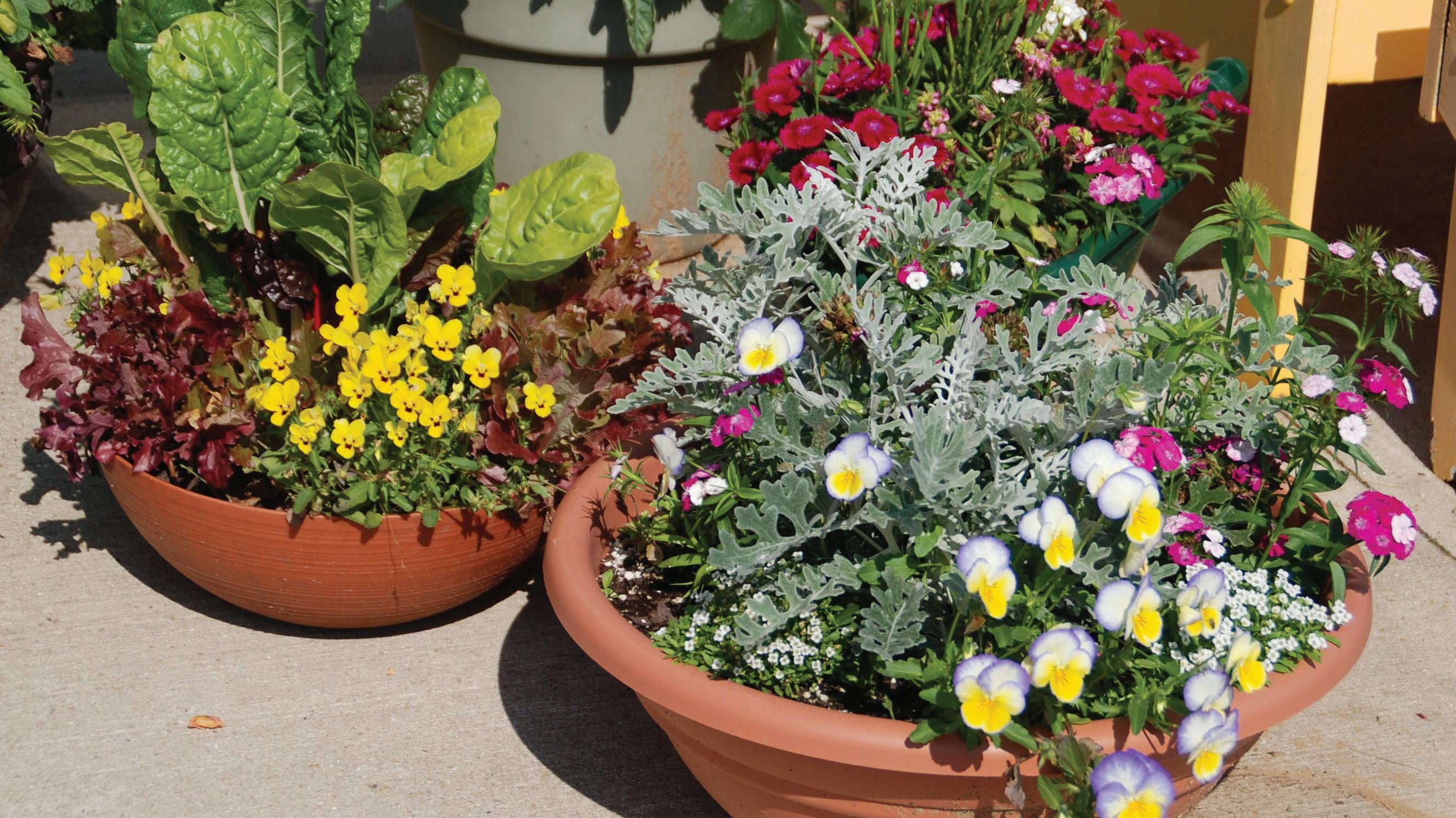
The right potting mix will help ornamental and edible plants thrive.
As gardeners, it seems we are all looking for an ideal potting mix for our houseplants and containers. As with any gardening endeavor, a lot depends on what is available, the plants you are growing, and the type of maintenance you provide.
That said, there are some things you can do to increase your success and reduce ongoing maintenance. It all starts by reviewing the label on the bag you plan to purchase.
You’ll find a variety of bags labeled as planting mix, potting mix, container mix, and more. Check the label to see what the bag contains and recommendations for its use.
These mixes usually contain inorganic and organic materials and may also include sand and mineral soil. They may or may not be sterilized to kill weed seeds and pests. If it doesn’t say sterilized, it probably is not, and you should consider another product instead.
Many potting mixes are labeled as “soilless.” They consist of peat moss, sphagnum moss, and compost for moisture retention and vermiculite or perlite for drainage but do not contain mineral soils such as sand or clay. They are lightweight and blended to hold moisture while draining well.
Some potting mixes are modified to accommodate the needs of certain plants. Orchid mixes often contain more bark for better aeration while cacti and succulent mixes have more sand or perlite for better drainage.
African Violet potting mix contains more organic matter to create a moist, rich growing medium.
Organic potting mixes are also available. Many
gardeners prefer to know the ingredients are free of pesticides and other contaminants. Check for the word organic and OMRI on the label if you want an organic product.
Once again, check the label on the bag for more details on the potting mix. Some potting mixes contain a “starter charge” of fertilizer. This minimal amount of fertilizer is usually gone after two or three waterings. Some include additional fertilizer that provides small amounts of nutrients over a longer period. The label may say controlled-release, time-release, or slow-release fertilizer, meaning it provides your plants with nutrients for a certain amount of time.
Moisture retaining products are supposed to hold water near plant roots and reduce the frequency of watering. Research has not shown them to be effective. Some gardeners feel they are effective while others end up with root rot when using these.
Consider adding an organic product, like Wild Valley Farms wool pellets (wildvalleyfarms.com) to potting mixes that do not contain moisture-retaining products. It is sustainable, made from wool waste, University-tested, and has been shown to reduce watering by up to twenty percent, while also increasing air space and adding organic matter.
Select bags of potting mix that are light, fluffy, and moist. Avoid bags that are waterlogged and heavy. The mix can break down and become compacted and some of the slow-release fertilizer may be pre-released and damage young seedlings
when saturated with water. Spend a bit of time searching for the potting mix that best matches the plants you are growing and your watering regime. The time spent selecting your perfect potting mix will pay off with greater growing success.
Melinda Myers has written more than 20 gardening books, including the recently released Midwest Gardener’s Handbook, 2nd Edition and Small Space Gardening. She hosts The Great Courses “How to Grow Anything” instant video and DVD series and the nationally syndicated Melinda’s Garden Moment radio program. Myers is a columnist and contributing editor for Birds & Blooms magazine and was commissioned by Wild Valley Farms for her expertise to write this article. Myers’ website is www.MelindaMyers.com.
You’re invited to visit the Camelot Friendship Center, 9270 Cady Ave., for regular activities, which include Chair Yoga, card games, Tai Chi, Pinochle, 10 Point Pitch, and bingo. This month’s events include:
• June 11: Last Music by Dave Eames compliments of Merrymakers – Free and open to everyone @ 11:45 a.m.
• June 13: Lunch & Learn “ Mental Health – Downsizing and the Challenges of Life Changes.” @ 11:45 a.m.
• June 18: Humana Presentation – “Habits of Happy People” with Alecia Stepp @ 11:45 a.m.
• June 20: Jack Pot Bingo @ 12:15 p.m.
• June 21: Book Club meets @ 12:30 a.m.
Every Wednesday – Chair Volleyball @ 10 a.m.
Every Monday – Card Game: Manipulation @ 10 a.m.
Every Monday – Pickleball @ 10 a.m.
Grab N Go meals are available.
For more information, contact Barb at 402-444-3091 or barbara.white@cityofomaha.org.
First United Methodist Church has some excellent adult curriculums available. They are free for any Christian group, which would like to study prayer, discipleship and beliefs.
Call First United Methodist Church at 402-556-6262 if you wish to receive more information about the list of the studies available.
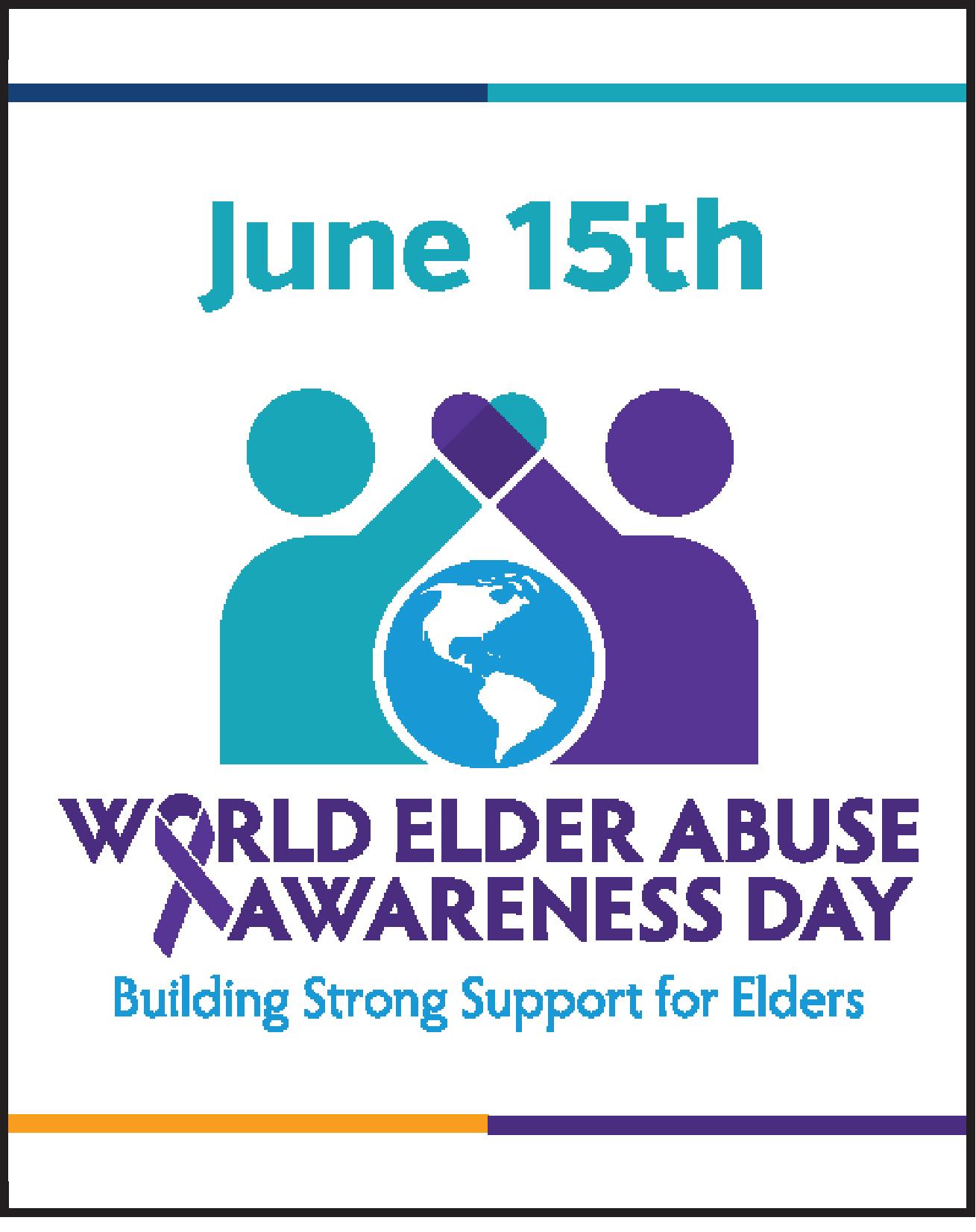
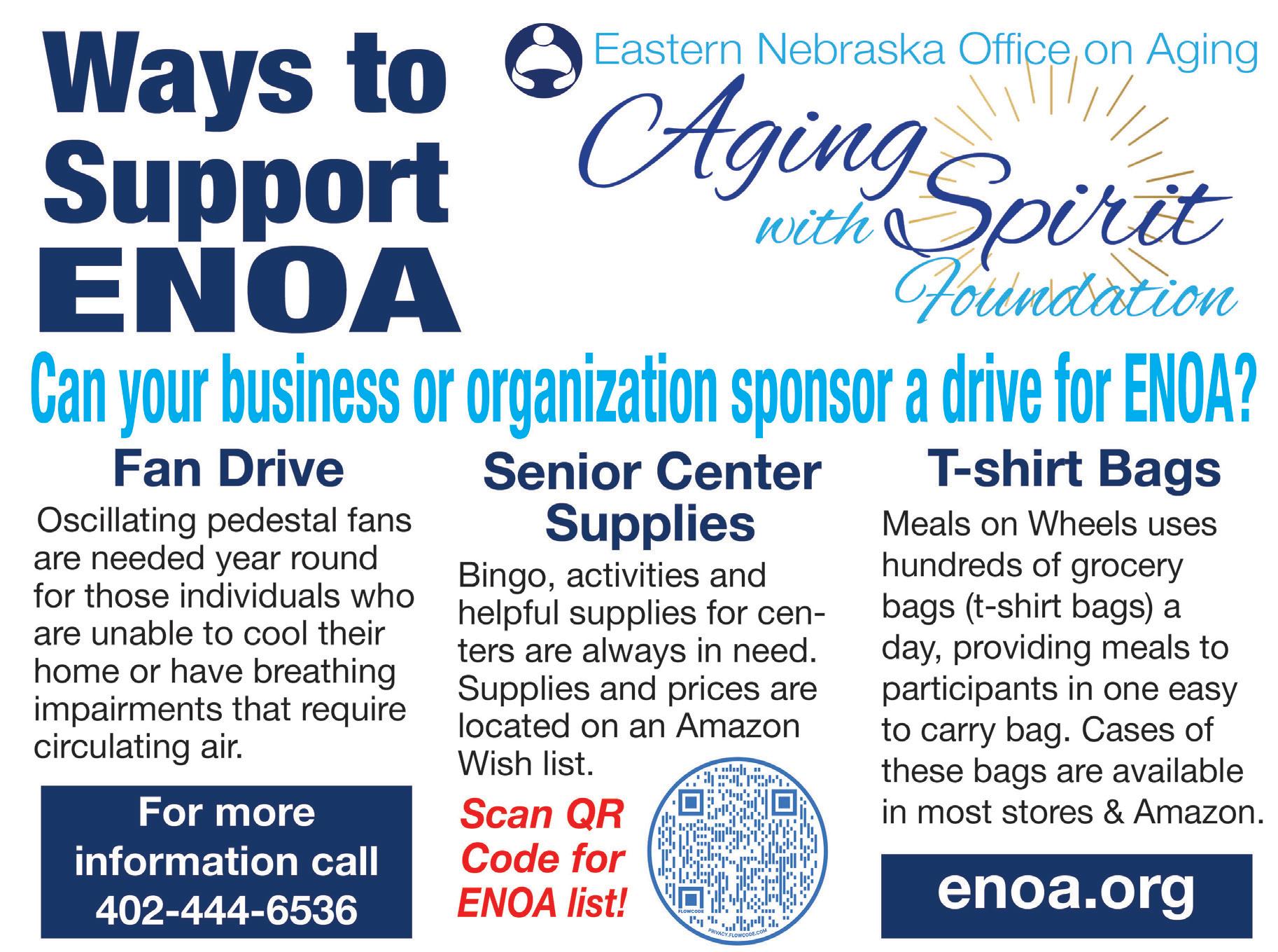


• Do you have questions about the Eastern Nebraska Office on Aging, its programs, or services?
• Do you have a comment about the agency and how it serves older adults in Douglas, Sarpy, Dodge, Cass, and Washington counties?
• Do you have a story idea for the New Horizons newspaper, or would you like to receive a FREE copy each month?
Please send your questions, comments, and story ideas to:
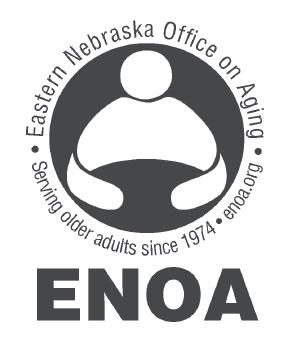
Nebraska’s new voter ID law (LB514) requires all registered Nebraska voters to present a photo identification (ID) when voting in an election in the state of Nebraska.
Voter ID begins with the May 14, 2024, primary.
Every election in Nebraska after the May 2024 primary will require voter ID.
Photo IDs:
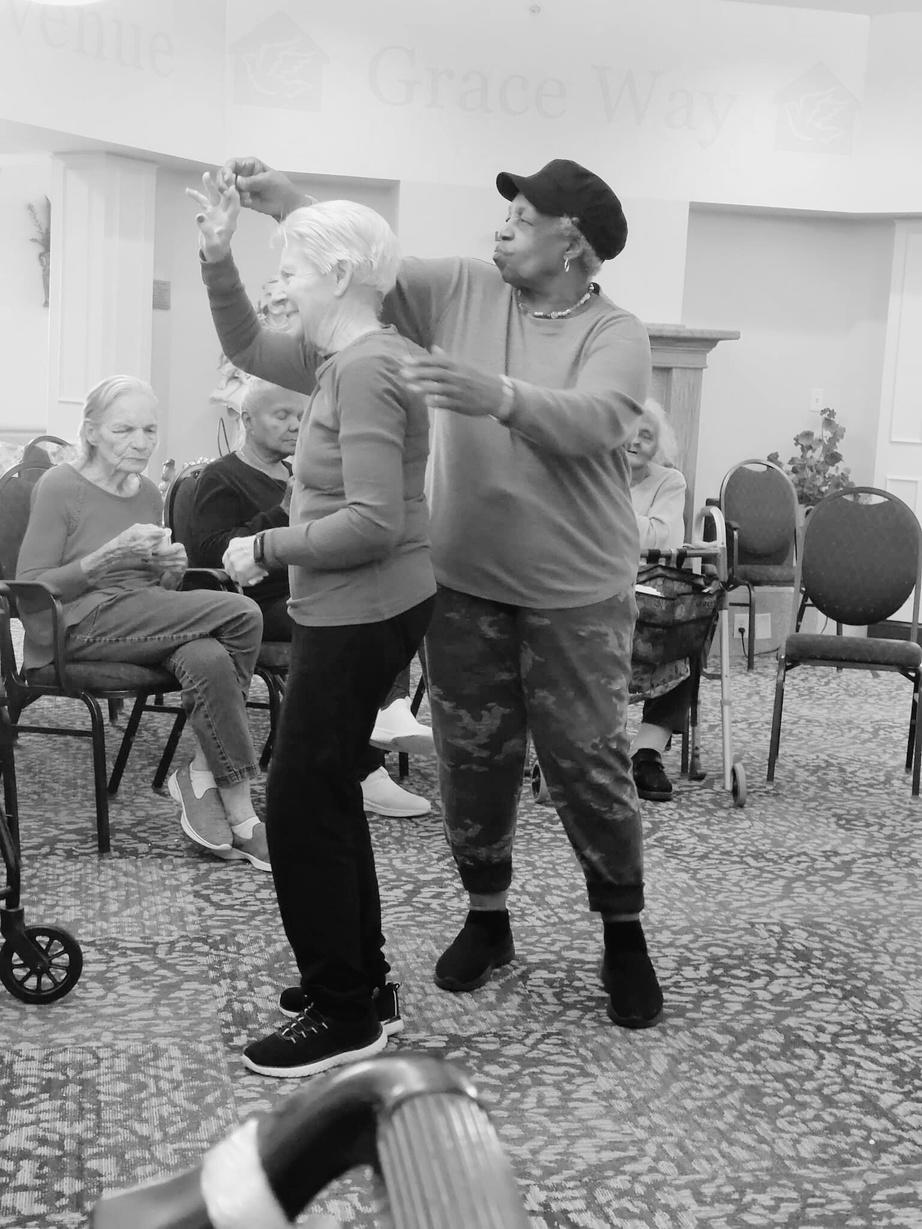
• Nebraska driver’s license (from DMV).
• Nebraska state ID (from DMV).
• Nebraska college ID (public or private).
• Nebraska political subdivision ID (state, county, city, school, etc.)
• United States Passport.
• Military ID.
• Tribal ID.
• Hospital, assisted-living facility or nursing home record.
ID must have your name and photo. ID can be expired.
How voter ID will work:
• Voting in person at the
polls: Present a photo ID or vote provisionally.
• Voting early at the election office: Present a photo ID or vote provisionally.
• Voting early by mail: Write driver’s license/state ID number on ballot application or enclose a copy of photo ID or reasonable impediment certification with your ballot application.
• Voting in by-mail precincts or by-mail special elections: Write driver’s license/state ID number on ballot return envelope or enclose a copy of photo ID or reasonable impediment certification in your ballot return envelope.
Active-duty military members, active-duty military spouses, and citizens overseas covered by UOCAVA (Uniformed & Overseas Citizens Absentee Voting Act) are exempt from voter ID.
If you forget your ID, you will fill out a provisional ballot.
For your ballot to count, you will need to present a
photo ID to your county election office on or before the Tuesday after the election.
If you don’t have an ID, you can get a state ID for free (for voting purposes) from the Nebraska DMV. You will need to bring certain documents to get a state ID, so check with the DMV website ahead of your visit.
If you need a copy of your birth certificate to get a free state ID, you can get a free certified copy of your Nebraska birth certificate from the Nebraska Department of Health and Human Services.
This is only available if you do not have an ID and need a state ID for voting purposes.
If you cannot get an ID due to disability/illness, religious objection to being photographed, or lack of documents to obtain a free state ID, you can complete a reasonable impediment certification.
Visit VoterID.Nebraska. gov for more information.
Imagine the bliss you feel when crawling under the covers of your bed on a chilly evening, immediately being enveloped in comfort, coziness and warmth. When you get your full eight hours of shut-eye, your brain gets that very same “aha” moment! Your sleep quality and quantity impact your everyday function, and when the stars—and your rapid eye movement (REM) sleep patterns—align, you’re well-prepared for a phenomenal day.
Getting in shape starts with sufficient sleep. Perhaps the most important part of each day is your recovery time, whether you’re spending time doing self-care or taking a snooze. Sleep offers brain-nourishing benefits for your memory, strengthens your attention span and improves your ability to take in information. Quality rest has an impact on every bodily process, from your heart to hormone regulation and everything in between.
Adversely, when you miss out on shuteye, News in Health states your cognitive function takes a hit and puts you more at risk of falls. Many disorders that hone in on the nervous and mental systems—like Alzheimer’s disease—have been tied to unresolved sleep issues. A bad night’s rest alone won’t put you on track for memory issues, but it’s crucial to quell poor sleep habits for the sake of your present and future health. Make sure to touch up on the bedtime basics. Insomnia is the most common sleep interrupter in adults over 60 years old, and about one in three adults worldwide exhibit symptoms of insomnia. Thankfully, the best way to “cure” sleep issues starts with establishing a solid nighttime routine. Go to bed and wake up at the same times every day,
limit screen exposure before resting, avoid caffeine in the late afternoon or evening, and find the best ways to help you relax before hitting the hay.
Progressive muscle relaxation is a process that’s picking up traction, especially for folks whose thoughts race right before they’re able to get their beauty sleep. This practice involves mindfully contracting and relaxing each muscle in the body, starting at the toes and ending at the forehead and face, and is supplemented by slow, deep breathing. Give it a try at bedtime—you may find yourself asleep before you even realize!
Typical tips not working? No worries— everyone is different. Getting great rest may actually start with your daytime routine, so it’s recommended to get your exercise earlier in the day and soak up lots of sun, not only to exert energy and help you feel sleepier, but to notify your internal clock that it’s time for bed when the sun starts setting.
You can also experiment with the perfect bedroom setup: try a white noise machine or fan, special lighting like a sunset lamp, a glass of water on the bedside table for midnight thirsties, or a strategic combination of comforters and light or weighted blankets. A person will typically spend about a third of their life sleeping, so it’s definitely worthwhile to prioritize your travels to dream world. Enjoy your sweet dreams, and with them, the perks of a healthy mind and joyful aging journey.
This health tip is brought to you by Tabitha. To learn more, visit us at Tabitha. org or call 308-389-6002.
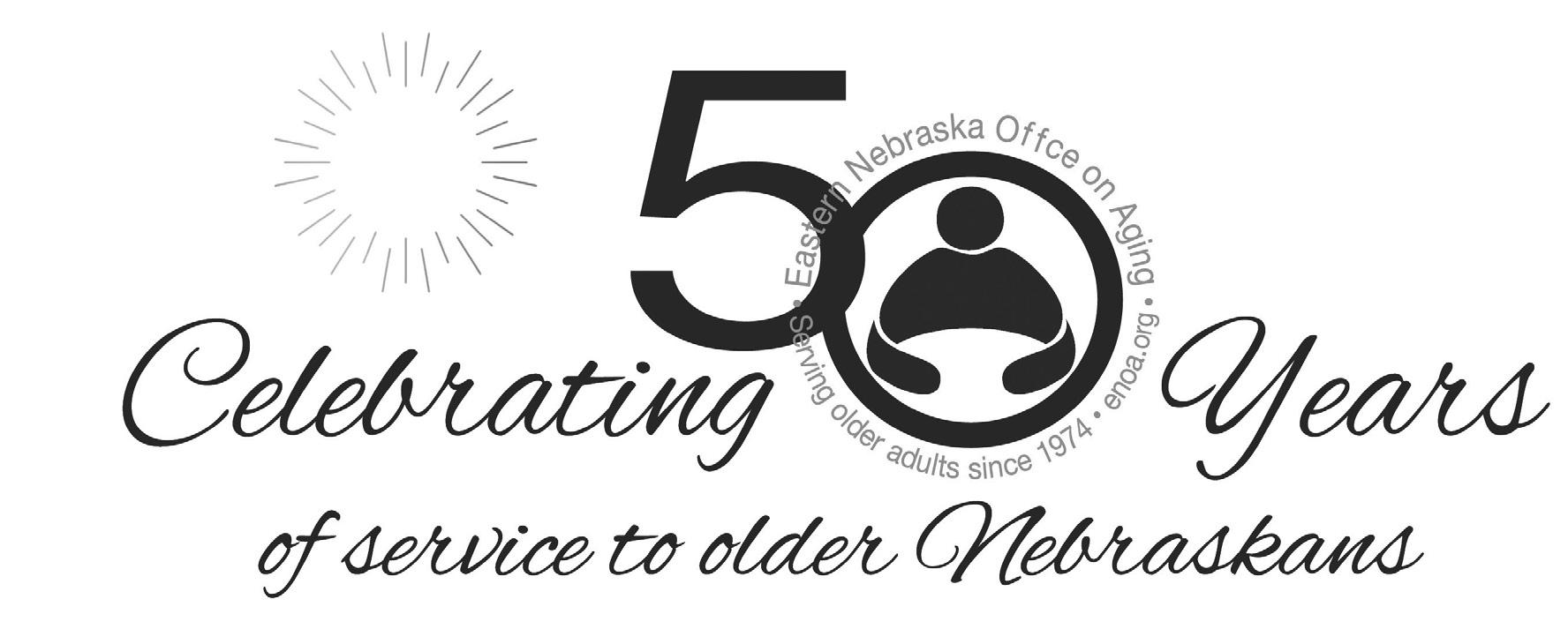
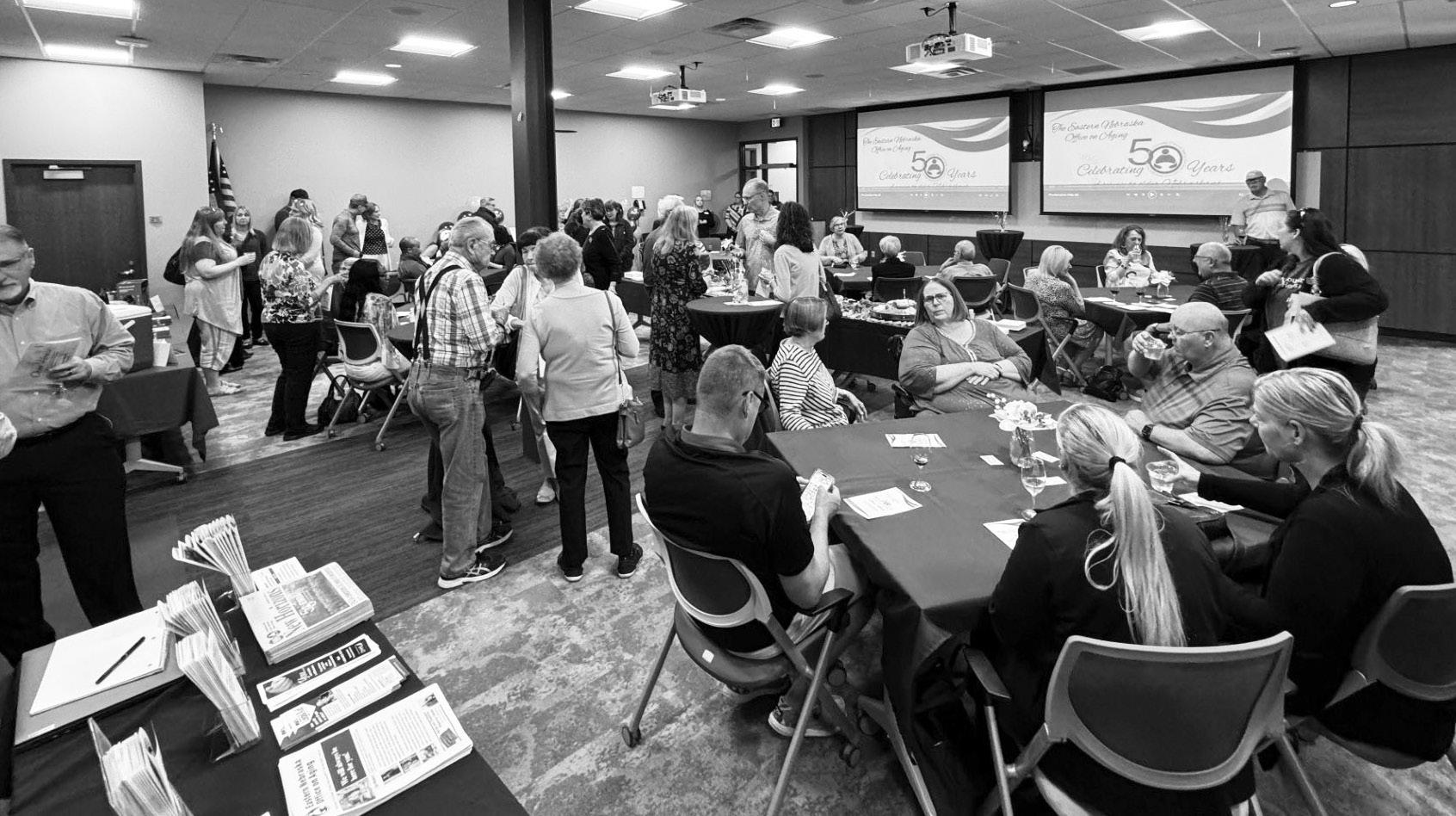
The Eastern Nebraska Office on Aging (ENOA) celebrated its 50th anniversary during an open house at ENOA on May 7.
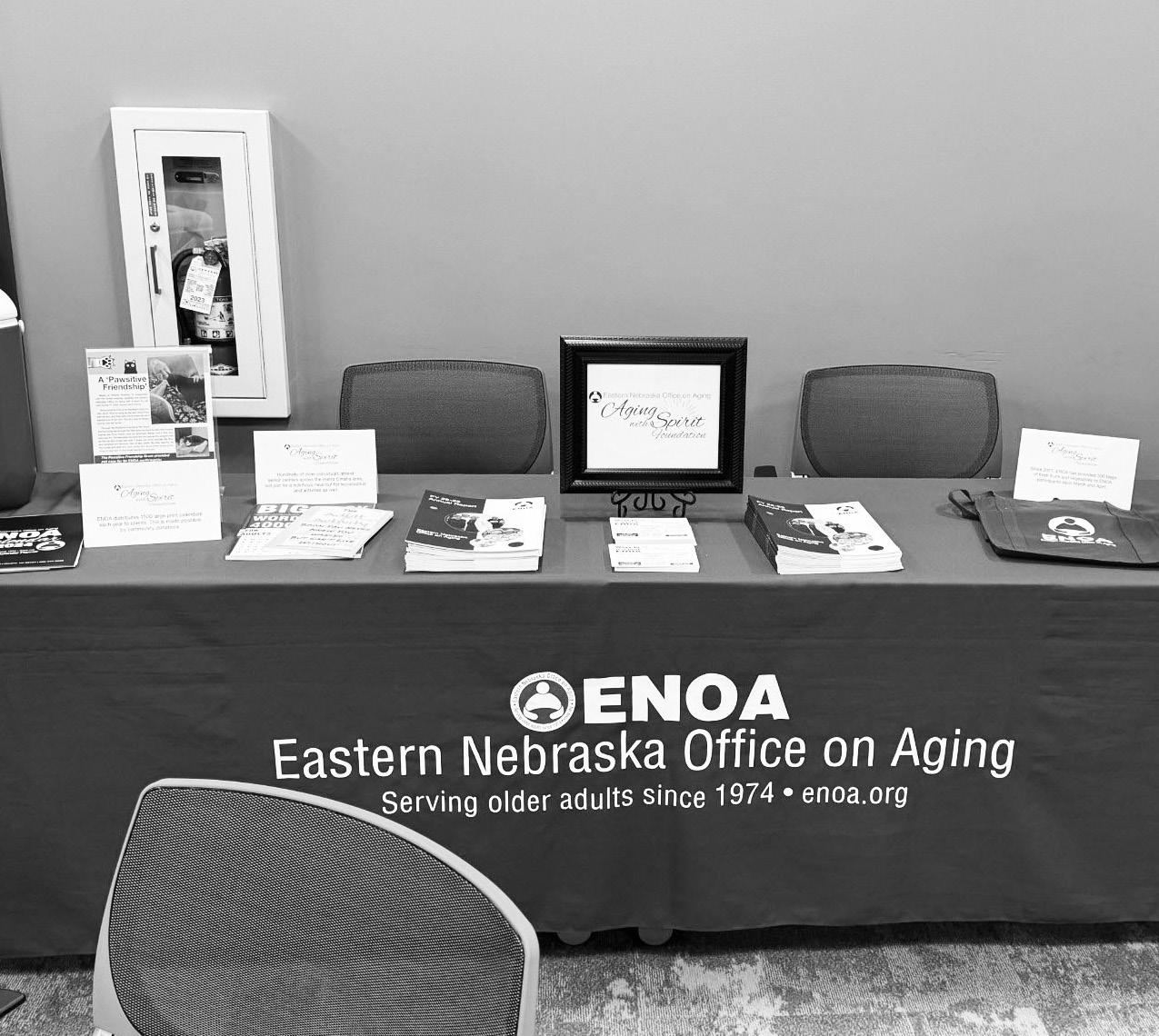
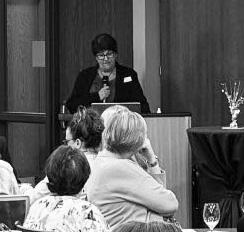
World Elder Abuse Awareness Day (WEAAD), which began in 2006, will be held around the world this year on Saturday, June 15. The annual event, a United Nations observance, is designed to raise awareness of abuse, neglect, and exploitation of older adults.
We would love to think that abuse doesn’t happen to older adults, but it does. And even when it does, it is rarely reported. Each year, millions of elderly Americans fall victim to some type of financial fraud or scam, including romance, lottery, and sweepstakes scams, to name a few. Criminals will gain their targets’ trust and may communicate with them directly via computer, phone, mail, or indirectly through the TV and radio.
Once successful, scammers are likely to
keep a ruse going because of the possibility of significant financial gain.
Seniors are often targeted because they tend to be trusting and polite. They also usually have financial savings, own a home, and have good credit—all of which make them attractive to scammers.
Each of us plays a role in understanding and reporting elder abuse. Warning signs of elder abuse may include unexplained injuries, not taking medications properly, withdrawal from normal activities, and changes in an individual’s finances.
If you suspect neglect is occurring to someone you know, please report it to Nebraska Adult Protective Services (APS). 1-800-652-1999. The APS hotline is available 24 hours a day, 365 days a year. Reports can be made anonymously.
Elvis Presley, aka the King of Rock and Roll, thrilled young audiences in Omaha on three separate occasions throughout his career – all at the former Omaha Civic Auditorium.
His first was in 1956, preceded the evening before by a concert attended by 3,000 fans at the University of Nebraska-Lincoln. His last Omaha and Lincoln dates were in 1977.
But probably his most memorable and polished performances were on June 30 and July 1, 1974 – 50 years ago. This was at the height of his musical career, which had reemerged in 1968 after a seven-year hiatus to concentrate on his movie career (33 films featured Elvis).
In 1956, Presley was on the cusp of his meteoric rise to stardom, especially after his hit single “Heartbreak Hotel,” ascended to number one on the Billboard pop charts. Conversely, in June, 1977, Presley was an overweight, addicted, fading star. His Omaha and Lincoln performances that year were just weeks before his death on August 16 at the age of 42.
The iconic 1974 sold-out Sunday afternoon concert
T(10,245 reported the Omaha World-Herald) featured his most famous ballads, including “I Can’t Help Falling in Love With You,” “Suspicious Minds,” and “Love Me Tender” – 21 songs in total.
The Omaha gig, which lasted just over an hour, was part of an 18-day, 25-concert tour. He performed both an afternoon matinee and night concert, as well as another one the following evening.
According to reviews archived on the Elvis Information Network website, the crowd, which primarily consisted of individuals over 30, “loved every sound, every twitch, every eyelash of this stunning, spangle-god who came down from his towering Olympus to visit his Omaha admirers.”
Blurry videos of the event depict a hyped-up Presley prancing aimlessly and excitedly around the stage, talking nearly non-stop to band members, and bellowing repeatedly, “I love you too, honey.”
New Horizons identified several local women who attended that Sunday, and solicited their recollections. Omahan Kathy Olson was 20 at the time. In her written reflections about the event, she recalled that “most of the audience was older than
he River City Theatre Organ Society is hosting its annual concert at the Rose Theater, 2001 Farnam St., on Sunday, Aug. 11 at 3 p.m.
Theatre pipe organist Dave Wickerham will be the featured guest performer.
Through Aug. 1, prepaid and discounted tickets for older adults are available via mail for $15 each by sending a check made out to the RCTOS to RCTOS, 8825 Executive Woods Dr., # 85, Lincoln, Neb. 68512.
Tickets are available at the door the day of the concert for $20.
For more information, log on to rctos.com (Events) or call 402-421-1356.

I was. I hadn’t even started school when Elvis hit the scene . . . but I was still very much aware of him.
“Then, as I grew up and the Beatles arrived, everything changed. Elvis was out of style. His songs weren’t played on the radio, his movies were terrible. By the time I was a teenager, I was into Janis Joplin, the Doors, and a ton of British groups. It really wasn’t until that comeback special in 1968 (aired Dec. 3 on NBC) that I even thought about him again. Then came his Vegas appearances and he was hot again.” (Elvis performed in residence in Las Vegas for seven years, from 1969 through December, 1976.)
Olson remembers his quintessential jumpsuit and scarves. “He handed scarves out and bent over and kissed some gals.”
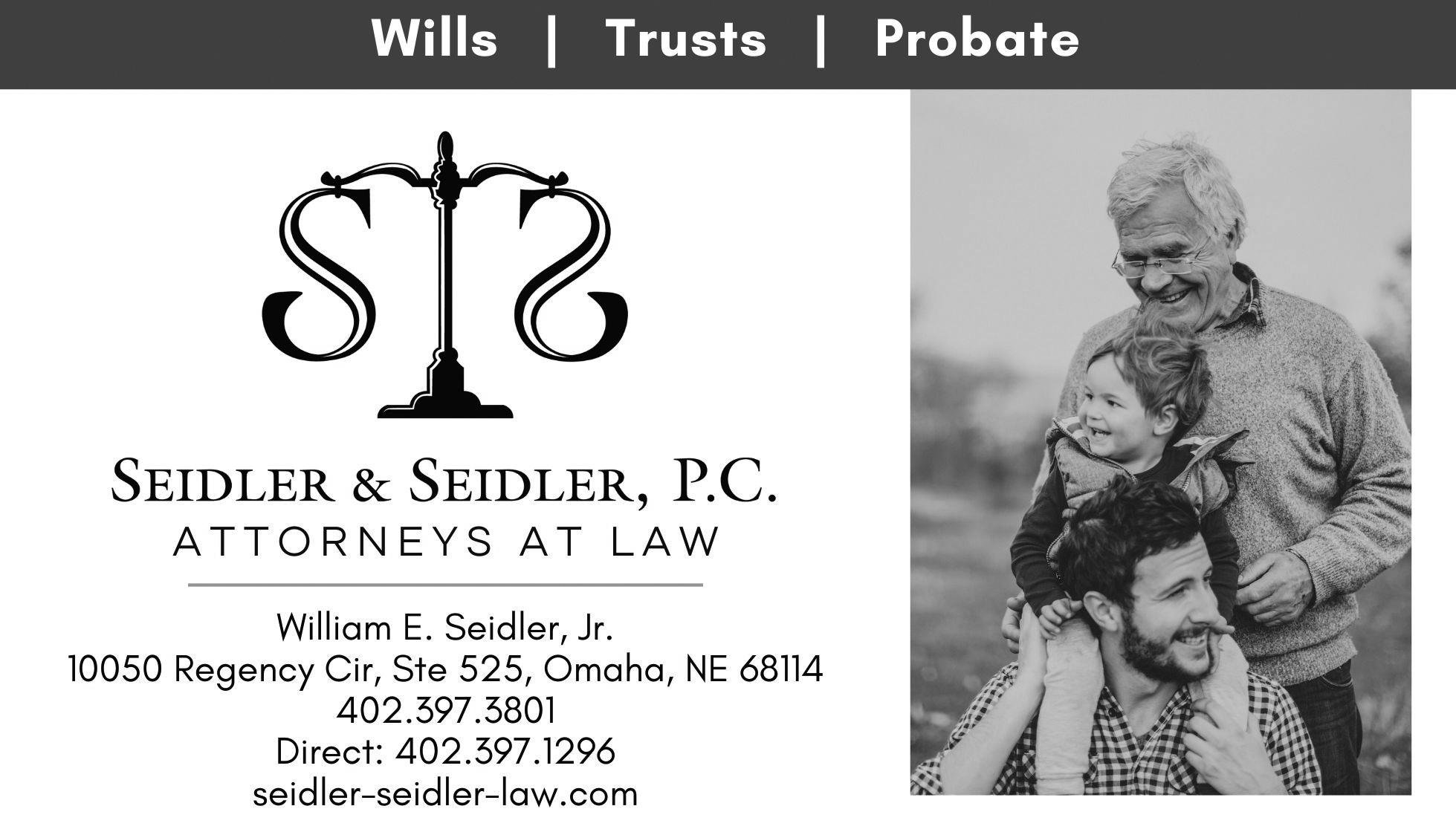
Although her seat in the upper rafters obstructed her view, she captured a memorable glance at Elvis through binoculars. “I remember briefly watching Elvis close-up. When he turned in my
opulent, yet generous, lifestyle. His gold and diamond-studded ruby rings, for example, were valued at up to $60,000 each. He was also known for his oversized belts, jumpsuits, and his fleet of Cadillacs – a love for the finer things in life. Presley frequently gifted his cars and jewelry to close friends and family.
When he exited the movie business in 1968 with a renewed focus on concert performances, he took on the motto “Taking Care of Business.” Long time local politician, mayor, realtor, and avid Presley fan, P.J. Morgan, adopted that saying when in 2021 he rebranded his latest business venture “TCB Real Estate,” according to the April/May issue of B2B Magazine.
North Bend, Nebraska, resident, Sandra Rains, wasn’t excited about seeing Elvis in 1974, and certainly didn’t want to stand in line for tickets. But her neighbor insisted, even purchasing her ticket. “She thought he was the best.” Rains wasn’t so sure.
direction, I saw the bluest eyes I have ever seen.”
One song in particular stood out – “I Can’t Help Falling in Love with You.” Olson reflected, “as soon as it started, you knew the concert was over. A truly beautiful song. And timeless. Our son and daughterin-law danced to it at their wedding.”
Olson also remembers well the day he died in his Graceland home.
“I was working for a weekly newspaper . . . Someone came in and said, ‘Elvis died!’ We all looked at each other silently, and then went back to work. There was a deadline to meet.”
Olson wasn’t surprised at his passing. “He had gained so much weight and his lifestyle had gotten weird . . . I felt it very personally. It was like I grew up with him. Just this constant presence. But like most people you grow up with, eventually you go your separate ways. I was surprised how much I felt it when he died. I remember thinking, ‘Couldn’t someone have watched out for him? How could they just stand by while that wonderful, blazing light went dim?’ ”
In addition to his music, Elvis was known for his
Another North Bend resident, Lanette Bendix, was much more enthusiastic in her reflections.
As a 22-year-old, she attended the 1974 concert with her husband and sisterin-law. Living in Kearney at the time, she was eight months pregnant. “I didn’t ask my doctor if I could travel round-trip from Kearney because I knew what the answer would be!
“The crowd was ecstatic with Elvis and his performance couldn’t have been any better! . . . I wanted so badly to go up front to that stage so I could possibly be one of the lucky gals to possess one of those scarves, but alas, I couldn’t risk getting jostled in my condition. My feelings of the concert? Love, love, love . . . love that voice, love his songs, and just love Elvis!”
She also attended his June 20, 1977, concert in Lincoln. “He gave it his all, but you could tell he was so unhealthy.” Upon news of Elvis’ death, “both my husband and I were devastated. We had young children at the time, and they were raised on Elvis music. To this day, they can sing along with so many of his songs. Still love him!”
The bathroom is arguably one of the most important spaces in a home, used frequently and often at the center of daily routines. Combining elegance with safety in this space is essential, particularly for those with mobility issues or the elderly. Walk-in tubs, a growing trend in bathroom renovations, offer a solution that balances both aesthetics and practicality. Kohll’s Home Modifications, operating in Nebraska and Iowa, provides a range of walk-in tubs designed to enhance safety and comfort.
Walk-in tubs are designed to allow users to enter and exit the bathtub with ease, featuring a low threshold and a side door with a waterproof seal. These tubs typically include built-in seats, deeper water levels, and safety features such as handrails and anti-slip surfaces. These elements make walk-in tubs particularly beneficial for seniors, individuals with disabilities, and anyone seeking a safer bathing experience.
WHEN TO CONSIDER BUYING A WALK-IN TUB
1. Disability: For individuals who use wheelchairs or have significant mobility issues, a walk-in tub can offer necessary accessibility.
2. Aging in Place: Seniors wishing to live independently for longer periods can benefit from the safety features of walk-in tubs, reducing the risk of falls.
3. Adding Home Value: In communities with a high population of older residents, a walk-in tub can enhance the home’s value by appealing to potential
buyers with mobility needs.
THE PROS AND CONS OF WALK-IN BATHTUBS
Pros:
1. Accessibility: Walk-in tubs are easier to enter and exit, especially for those with mobility challenges.
2. Safety: Features such as handrails and non-slip surfaces minimize the risk of slips and falls.
3. Comfort: Elevated seats reduce strain on the knees, and optional water jets provide a spa-like experience.
Cons:
1. Fill and Drain Time: Users must remain in the tub while it fills and drains, which can be time-consuming.
2. Temperature Control: Maintaining a comfortable water temperature can be challenging, especially during the filling and draining process.
3. Inward Facing Doors: These can limit space within the tub and pose an obstacle when exiting.
4. Cost: Walk-in tubs and their installation can be significantly more expensive than standard tubs.
WHAT TO LOOK FOR WHEN COMPARING WALK-IN TUBS
Tub Types:
1. Soaker: Higher vertical walls allow for deeper immersion while sitting upright.
2. Lay-Down: Similar to standard bathtubs but with the added convenience of a walk-in door.
3. Bariatric: Wider frames and doorways accommodate larger users.
4. Shower-Tub Combinations: Offers the flexibility of both a shower and a walk-in tub.
5. 2-Person Tubs: De-
signed for shared bathing experiences, available in side-by-side or face-to-face seating arrangements.
1. Seal: Rubber or impermeable materials prevent leaks.
2. Inward vs. OutwardSwinging Doors: Outwardswinging doors offer more space within the tub, while inward-swinging doors save bathroom space.
3. Door Shape: U-shaped doors are common, while L-shaped doors facilitate easier wheelchair access.
4. Wheelchair Accessibility: Features like outwardswinging L-shaped doors and grab bars enhance ease of use for wheelchair users.
5. Threshold Height: Lower thresholds are preferable for maximum accessibility.
1. Handrails: Provide support and prevent falls, meeting ADA standards for safety.
2. Non-Slip Floors: Textured surfaces or molded grooves increase traction.
3. Seat Height: Built-in seats, typically between 17 and 20 inches high, help maintain an upright position to reduce fall risk.
1. Temperature Controls: Scald prevention valves ensure safe water temperatures.
2. Dual Drains: Accelerate draining time by allowing more water to exit simultaneously.
3. Drain Pumps: Enhance drainage speed, though they may come at an additional cost.
Recently, a ring of cybercriminals used a smishing attack in order to steal credit card information. A smishing attack is a type of phishing attack through SMS messaging. The cybercriminals used this stolen bank information to purchase cryptocurrency that they then exchanged for cash. Read the below information to learn more about this scam and how you can protect yourself from cybercriminals. In this scam, cybercriminals sent SMS messages pretending to be a bank. The message says that a security issue needs to be resolved and will prompt you to click a link to your bank’s login page.
This page looks legitimate, but it’s actually a spoofed page that records your keystrokes.
If you enter your bank login information, cybercriminals will use this information to hack into your bank account. Follow the tips below to stay safe from similar scams:
• Think before you open a link. Cyberattacks are designed to catch you off guard and trigger you to open links impulsively.
• Never enter your bank login information from a link in a text message. Instead, navigate to your bank’s official website to log in.
• Remember that this type of attack isn’t exclusive to banks. Cybercriminals could use this technique to impersonate any organization.
For more information, visit KnowBe4. com.
1. Water Jets: Provide targeted massages to relieve muscle tension.
2. Air Jets: Create bubbles that offer a gentler, all-over massage experience.
INSTALLATION
Installation can be complex, often requiring updates to plumbing and electrical systems. Consulting with a Kohll’s Home Modification expert is crucial to ensure the chosen tub fits the existing space and infrastructure.
WARRANTY
A comprehensive warranty is essential to cover potential defects or issues, providing peace of mind and protecting your investment.
COMPANY REPUTATION
Choosing a reputable company is critical for ensuring the quality and reliability of the product and installation. High-quality fixtures and professional installation contribute to long-term satisfaction and home value.
WALK-IN BATHTUB PRICING AND COSTS
Walk-in tubs are more expensive than standard bathtubs, both in terms of
the unit cost and installation expenses. Potential buyers should fully understand the financial implications before making a decision.
Installation Costs: Installation costs can vary significantly, often exceeding the price of the tub itself. It is important to get multiple quotes and consider all associated expenses.
A Cheaper Alternative: Walk-In Tub Conversion Kits Conversion kits offer a budget-friendly option by modifying an existing tub. These kits lower the tub’s entry threshold and can include water-tight doors or inserts for added functionality. While they lack some features of full walk-in units, conversion kits provide enhanced accessibility at a lower cost.
Older Americans are increasingly living alone, with many wishing to remain in their homes. A walk-in tub, when carefully planned and installed, can prevent injuries and provide a luxurious bathing experience. Kohll’s Home Modifications offers a range of walk-in tubs and conversion kits, ensuring safety and comfort in one of the most important spaces in your home.
(David Kohll of Kohll’s RX)
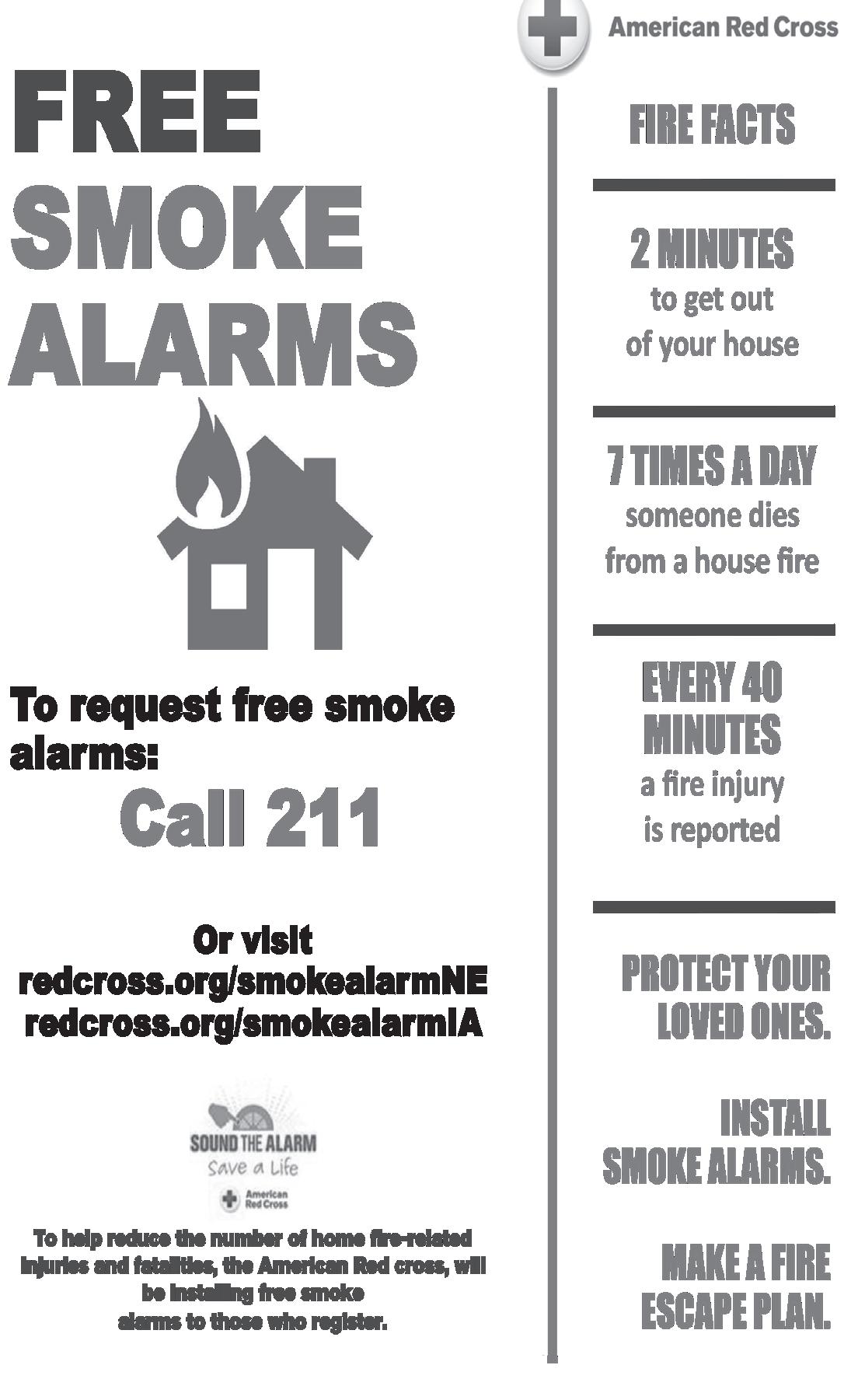
As individuals plan for retirement, they often focus on saving and investing, aiming to build a nest egg that will sustain them through their later years. However, there comes a point when those savings must be tapped into, and understanding the rules surrounding Required Minimum Distributions (RMDs) becomes crucial. RMDs are a fundamental aspect of retirement planning, yet they can be complex and confusing for many individuals. In this article, we’ll delve into what RMDs are, why they’re important, and how to navigate them effectively. What are Required Minimum Distributions (RMDs)? RMDs are man-
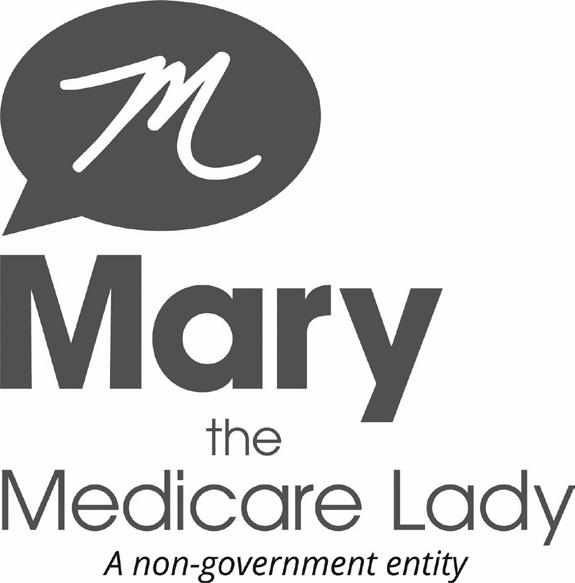
datory withdrawals that individuals must take from certain retirement accounts once they reach a certain age. These withdrawals are required by the Internal Revenue Service (IRS) and apply to tax-deferred retirement accounts, such as Traditional IRAs, 401(k) s, 403(b)s, and other employer-sponsored retire-
ment plans. The purpose of RMDs is to ensure that individuals don’t indefinitely defer paying taxes on their retirement savings.
When Do I Need to Start Taking RMDs? The age at which RMDs must begin depends on the type of retirement account you have and when you were born. For Traditional IRAs and employer-sponsored retirement plans, including 401(k)s and 403(b)s, RMDs generally must begin by April 1st of the year following the year you turn 72 (70½ if you reached 70½ before January 1, 2020), according to current IRS guidelines. Failure to take RMDs on time can result in
significant penalties.
How Are RMDs Calculated? Calculating your RMD can be a bit complex, involving factors such as your age, the account balance, and life expectancy. Generally, the calculation involves dividing the prior year-end account balance by a life expectancy factor based on IRS tables. The IRS provides worksheets and calculators to help individuals determine their RMD amount accurately.
What Happens if I Don’t Take My RMD? Failing to take the full amount of your RMD can result in hefty penalties. The IRS imposes a 50% excise tax on any RMD amount that you fail
to withdraw on time. For instance, if your RMD for the year is $10,000 and you only withdraw $5,000, you could owe a penalty of $2,500 (50% of the $5,000 shortfall).
Strategies for Managing RMDs: Several strategies can help individuals manage their RMDs effectively and minimize their tax impact:
1. Plan Ahead: Anticipate your RMD obligations and incorporate them into your overall retirement income plan.
2. Consider Roth Conversions: Converting some or all of your Traditional IRA assets into a Roth IRA can reduce future RMDs since Roth IRAs are not subject to RMD requirements during the original owner’s lifetime. Keep in mind that when you convert a Traditional IRA into a Roth IRA, you are creating taxable income.



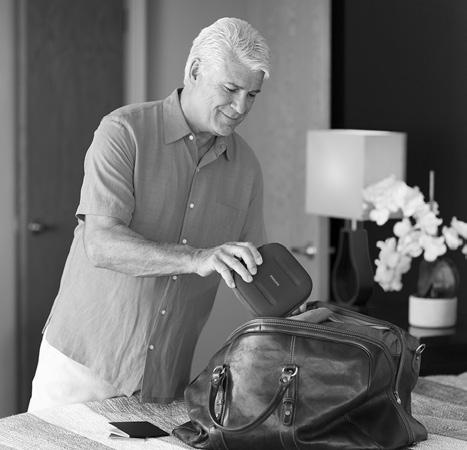
3. Take Advantage of Qualified Charitable Distributions (QCDs): Individuals aged 70½ or older can make charitable donations directly from their IRA, up to $100,000 per year, without counting the distribution as taxable income. This can satisfy part or all of your RMD while also supporting charitable causes.
4. Review Your Asset Allocation: Consider adjusting your investment allocation as you approach retirement to ensure that your portfolio aligns with your RMD obligations and income needs. Required Minimum Distributions are a crucial aspect of retirement planning that individuals cannot afford to overlook. By understanding the rules governing RMDs and implementing effective strategies, retirees can navigate these mandatory withdrawals in a way that supports their financial goals and minimizes tax implications. Consultation with a financial advisor or tax professional can provide personalized guidance tailored to your specific circumstances, ensuring a smooth transition into your retirement years.
Mary Hiatt is President of Mary the Medicare Lady (A non-government entity.) She offers Medicare 101 Educational Workshops in the community at no charge. See www.hiattagency. com or contact licensed independent agent mary@ hiattagency.com or call or text 402 672 9449 for more information.
Join Flaherty Senior Consulting for a series of Solutions Group gatherings that will address the questions and challenges caregivers face.
Solutions Groups provide opportunities for caregivers to learn how to deal with various issues, obtain skills and knowledge, engage in discussions, and interact with others in similar circumstances.
Upcoming meeting dates and locations are:
• June 6, Aug. 1, Oct. 3, Dec. 5
The Servite Center of Compassion 72nd St. and Ames Cr.
• June 19, Aug. 21, Oct. 16, Dec. 18
St. Timothy Lutheran Church 93rd and Dodge streets
• July 9, Sept. 10, Nov. 12
St. Vincent de Paul Church 14330 Eagle Run Dr.
• July 27, Sept. 28, Nov. 30
Faith Westwood United Methodist Church 4814 Oaks Ln.
The Solutions Groups are facilitated by Nancy Flaherty, MS, CDP, president of Flaherty Senior Consulting. She has extensive experience working with family caregivers and caregiver groups.
Visit flahertyconsulting.net or call 402-312-9324 for more information.
Flaherty also provides private consultations with family caregivers to help them develop individual plans for their loved ones.
For information on private consultations, Solutions Group meeting times, and/or to register to attend a Solutions Group, email Nancy at flahertyconsulting@cox.net or call/text her at 402-312-9324.
You’re invited to visit the La Vista Senior Center, located at 8116 Park View Blvd. The facility provides activity programs and meals Monday through Friday from 8 a.m. to 5 p.m. Please call 402-331-3455 for general Community Center hours.
Meals are served weekdays at 11:30 a.m. Reservations are due by noon the business day prior to the date the participant wishes to attend and can be made by calling 402331-3455.
A $4.25 contribution is suggested for the meal if you are age 60 and older. If you are under age 60, then the meal cost is $11.
In addition to meals being served daily, the La Vista Senior Center offers a variety of activities such as: Bingo, outings, cooking classes, computer classes, movies with popcorn, arts and crafts, a variety of card games, quilting, Tai Chi, exercise classes, musical entertainment and various parties.
Please visit our website at cityoflavista.org/seniors for updated information or call 402-331-3455.

The Douglas County Health Department (DCHD) aims to serve everyone in the county. That means all the 339 square miles and nearly 600,000 people, in rural and urban areas. In this column, we will look to provide our community’s seniors with some ideas on how to stay safe and healthy. DCHD also hopes our friends in the neighboring counties will benefit from this information.
Let’s start with the unpleasant reminder that this is the mosquito season, and they likely will be everywhere. Mosquitoes annually make millions
of people sick around the world, including some right here in Douglas County and the other counties served by ENOA. Locally the biggest concern is the West Nile virus. The sometimesdeadly disease has become well established in eastern Nebraska, but the case numbers vary widely from year to year.
One of the best ways to protect yourself is to use a repellant, preferably with DEET. You also need to remove standing water from around your home, and avoid being out when mosquitoes are most active, around dusk and dawn. Long sleeved shirts and long pants also help protect you from bites.
DCHD also reminds you to protect yourself against tick bites. Ticks can carry the organisms that cause Lyme disease, Rocky Mountain Spotted Fever, and more. One way to do that is by avoiding wooded
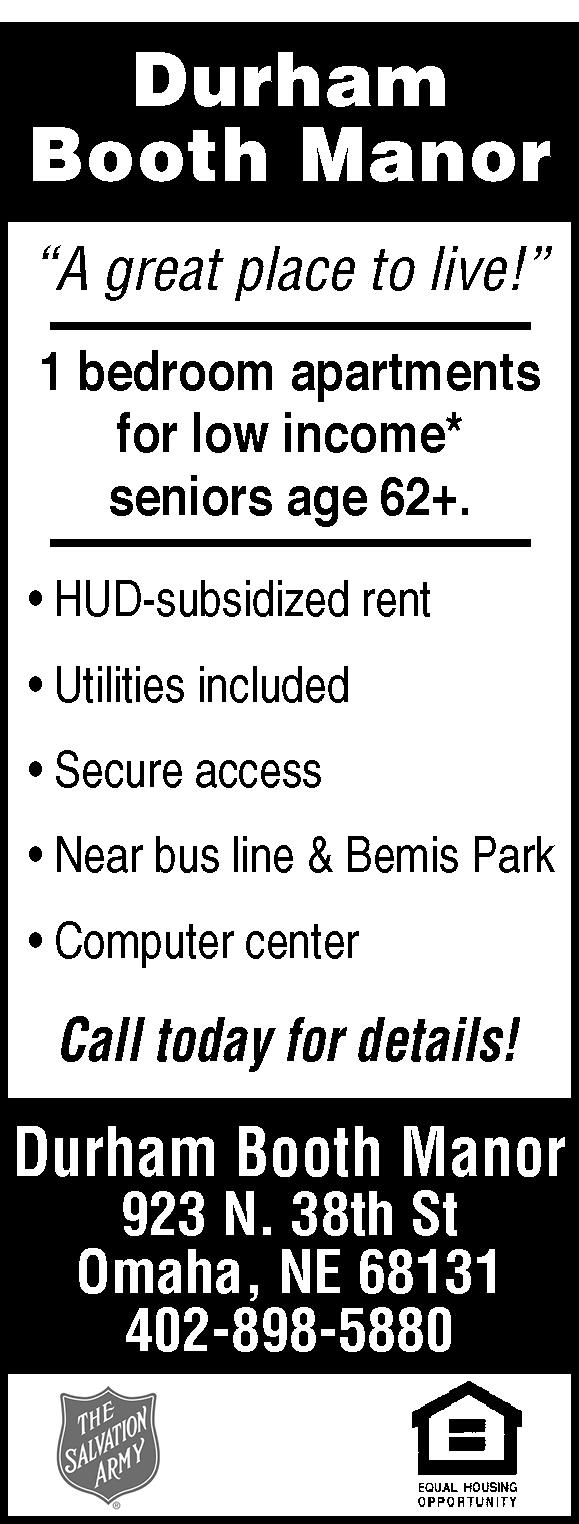

and grassy areas where ticks normally live.
If you must be in those areas, wear long-sleeved shirts and long, lightcolored pants tucked into your socks or boots. Avoid high grass and stay on trails if you’re hiking. Use insect repellants that contain DEET but be sure to read and follow the label directions. It’s not for some of those young grandchildren.
When you’re done being outdoors, check yourself and others for ticks. They are attracted to the back of the knee, armpit, scalp, groin, and back of the neck. Remove any ticks immediately. Use tweezes to grab the tick by its mouth parts and pull it away from your skin. Don’t worry if the mouth parts break off – you want to remove the body. Then clean the wound and disinfect the bite site Enjoy the summer.



At the end of April, Brookestone Village recognized nine of their residents who are over the age of 100. The residents along with their loved ones, enjoyed a three-course meal which ended with a famous song, “Happy Birthday.”
“It’s such a privilege – we take a lot of pride in being able to provide unique experiences for our residents and celebrate special events. It’s really special to be able to celebrate with them,”
Public relations coordinator for Brookestone Village, Maggie Sroka said. “It’s really special – as people get older, the amount of time you see people can get less and less, so it’s a great occasion for people to be able to come into town and celebrate their love ones. Anything we can do to provide those special moments, and promote dignity and life is something we are passionate about.” The day was filled with joy, laughter and happiness for the centenarians.
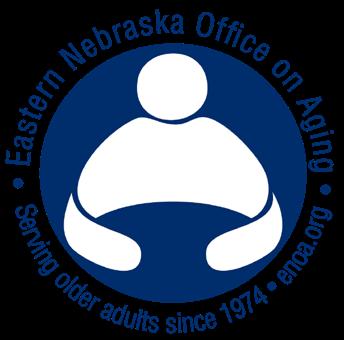
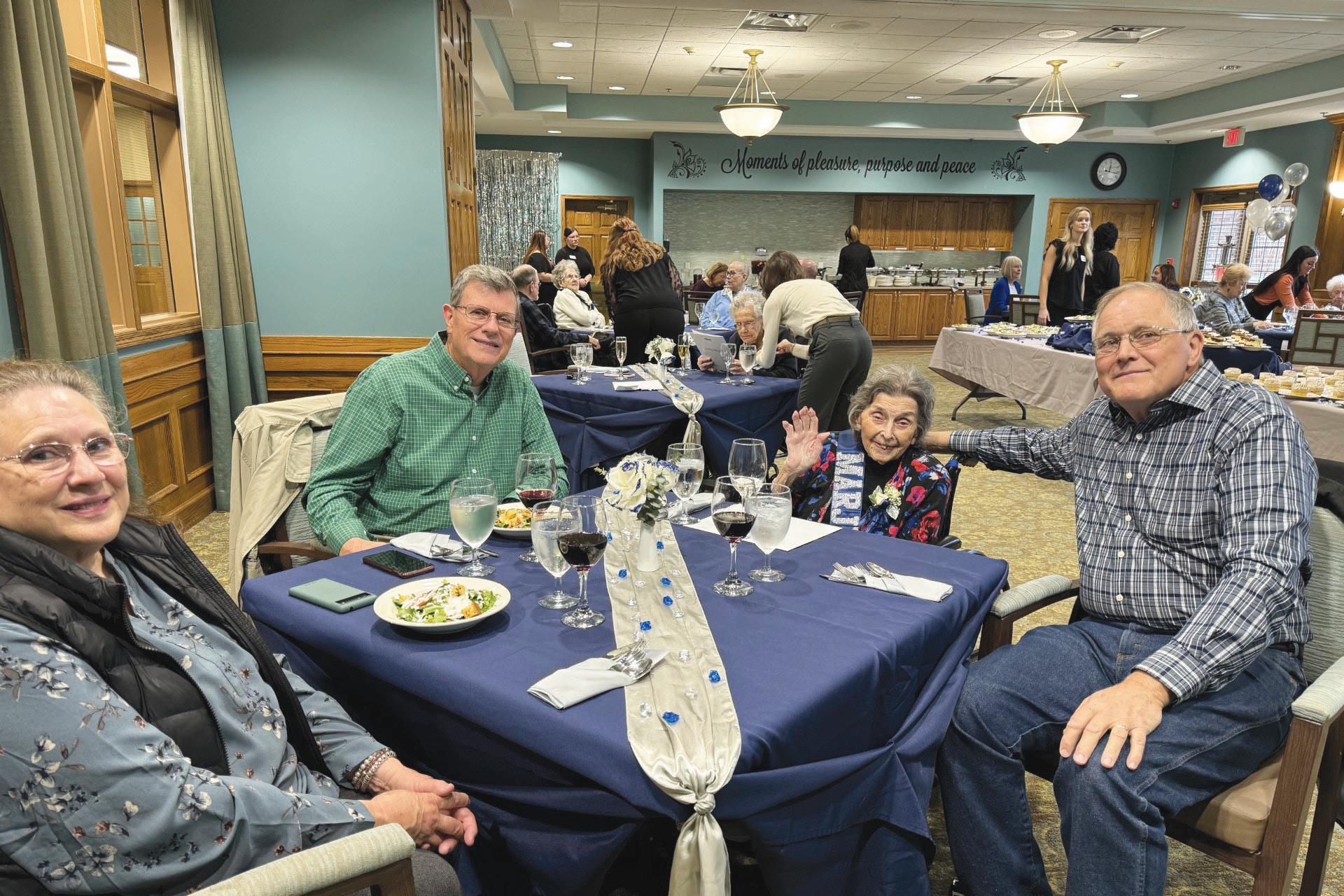
for respite care , may include companionship, personal care services, & light housekeeping.
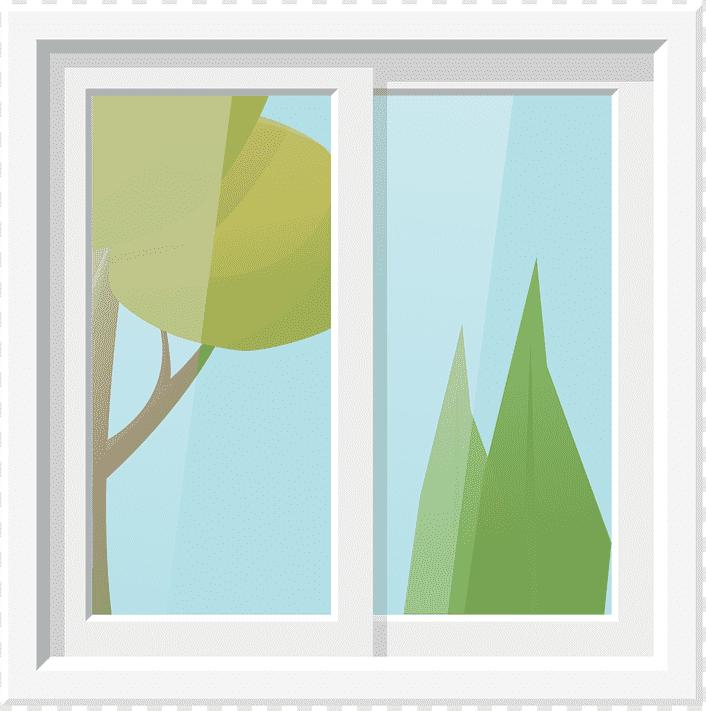
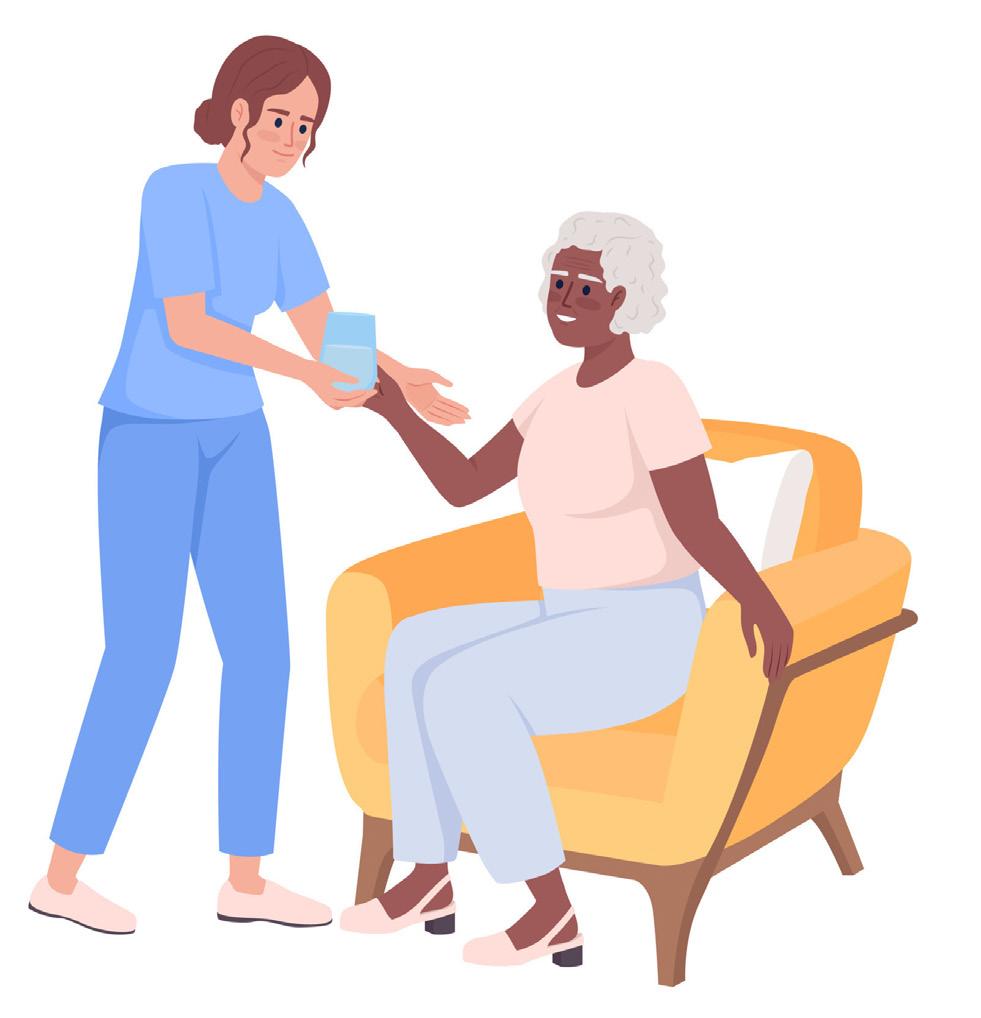
The Eastern Nebraska Office on Aging is looking for individual caregivers for our Self-Directed Care respite assistance, providing services for individuals 60 years of age and older in the Caregiver Support
ENOA serves 5 counties (Douglas, Sarpy, Cass, Washington, and Dodge).
**There is a high need for caregivers in Cass & Washington counties.
If you have the desire to help our aging population, please contact Mike Osberg

402-444-6596 ext. 1075 or mike.osberg@enoa.org for more information and to get the application process started.
he Omaha Fire Department’s Public Education and Affairs Department will install free smoke and/or carbon monoxide detectors inside the residences of area homeowners.
To have a free smoke and/or carbon monoxide detector installed inside your home, send your name, address, and telephone number to: Omaha Fire Department Smoke/Carbon Monoxide Requests 1516 Jackson St. Omaha, Neb. 68102
For more information, please call 402-444-3560.
You’re invited to visit the Ralston Senior Center, 7301 Q St., Suite 100 this month for the following:
• June 5 & 19: Bingo @ 12:15 p.m.
• June 7, 14, 21 & 28: Double Deck Pinochle or other cards at 9:30 a.m.
• June 12: Board meeting @ 9:30 a.m.
• June 13 & 27: Bingo @ 1 p.m.
• June 26: Music provided by Mark Irvin from Merrymakers @ noon
Lunch is catered in on Wednesdays @ 11:30 a.m. A $5.50 contribution is normally suggested for the meal. Reservations are due by noon on Tuesday. Games and bingo will be played after lunch. Contact Darla @ 402-331-1529 for reservations. Obtain an annual Ralston Senior Center membership for $10. Contact Ron Wilson @ 402-734-3421 for further information.